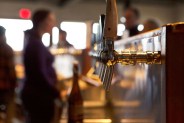
If you’re impatient, thirsty or a little bit of both, click here to skip right to the list.
In 2016, beer made by craft brewers accounted for roughly 12.5 percent of all beer purchased in the United States. In other words, one out of every eight beers was craft. Maybe that seems insignificant, but it’s important to remember that craft breweries currently represent more than 99 percent of all American breweries in operation. In fact, there’s a very good chance you’re reading this close to one now; about 80 percent of Americans live within 10 miles of a craft brewery.
If you’re new to beer, or just casually acquainted, your first question might be, “What exactly does it mean to be craft?” Well, you’re not the only one. Just about everybody who’s anybody in beer has been trying to answer that same question for years — some more gracefully than others. But we’ll start with this:
According to the Brewers Association, American craft beer’s primary trade and advocacy group based in Boulder, Colorado, a brewery must be three things: small (production must not exceed 6 million barrels of beer per year); independent (less than 25 percent of the brewery may be owned or controlled by an alcohol industry member that is not itself a craft brewery); and traditional (a majority of the brewery’s production must be beer brewed with traditional or innovative ingredients and fermentations).
Craft beer is fueled by a desire to experiment and the freedom to fail.
Since its inception back in 2005, the definition has triggered a seemingly endless debate about its purpose and significance. Critics often argue that the dichotomy of “small beer good, big beer bad” has put an undeserved premium on offerings from all qualifying breweries, regardless of quality. After all, there’s plenty of bad craft beer out there. And just because a brewery is big or owned, even partially, by someone else, doesn’t necessarily mean the beer tastes any lesser.
The definition also falls short of discerning the huge variance in types of breweries on either side of the qualifications. Anheuser-Busch, for example — the brewery behind the Budweiser brand — is different from Wicked Weed Brewing, a former darling of craft beer that was bought out by the same parent company, AB InBev, earlier this year (note: AB InBev is an advertiser on Gear Patrol). And D. G. Yuengling & Son, the nation’s largest qualifying craft brewer, is unique among the thousands of small mom-and-pop shops across the country. As the American brewing landscape continues to introduce different stakeholders, the rigidity of the definition will only become more pronounced.
To some beer lovers, that may be a good thing. Earlier this year, two of craft beer’s most outspoken voices, BeerAdvocate founders Jason and Todd Alström, defended the definition in an essay called “Draw and Hold the Line.”
“We’ve admittedly struggled with the Brewers Association’s definition of craft brewer for many reasons over the years,” they wrote on their site; “but, at the end of the day, someone had to draw the line. Doing so helps protect the independent community of American brewers from corporate brewers and their self-interests.”
More from the Issue
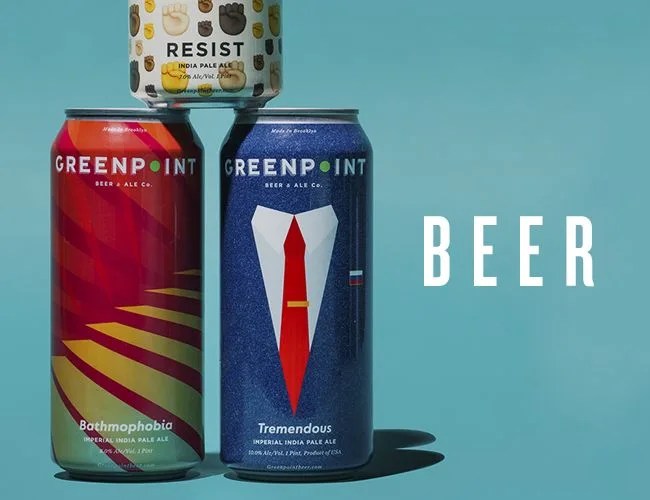
A celebration of all things beer. From coolers to coasters to easy-to-find IPAs, here’s everything you need to know to put your best beer forward, all the time. Read the Story
If you ask a seasoned craft beer drinker what they value, they might say things like locality, freshness and, perhaps above all, variety. American craft beer is wonderfully diverse, an amalgam of different styles fueled by brewers’ collective desire to experiment and their freedom to fail. Some proponents meanwhile defend brewery buyouts — citing benefits like better quality and more exposure to new consumers. “As a brewer, giving our team more resources to continue innovating our portfolio and the ability to reach more craft drinkers, allows us to keep putting the beer and the people first,” wrote Wicked Weed Brewing co-founder Walt Dickinson when his brewery was purchased. But critics in the craft community still see their values threatened by the actions of so-called “Big Beer.” Earlier this year, for example, news leaked that AB InBev contracted virtually the entire 2017 supply of coveted South African hops for its portfolio of premium brands. In response, craft brewers expressed fear that such instances will soon define a new norm in American brewing — one where they cannot produce the variety of beer their fans expect of them.
Jim Koch, co-founder of Boston Beer Company, owner of the Samuel Adams brand and the second largest craft brewery in the country, recently published an op-ed in The New York Times called “Is This Last Call for Craft Beer?”
“When craft brewers get together, we agree that this is the greatest time in history to be a beer drinker in America,” he wrote. “But we also agree that the horizon isn’t so bright…. Get some craft brewers really talking, and they’ll tell you we are headed for a time when independent breweries can’t afford to compete, can’t afford the best ingredients, can’t get wholesalers to support them, and can’t get shelf space and draft lines. The result: Beer lovers won’t have the broad range of choices they have today.”
For many beer drinkers, buying craft not only supports thousands of small, independent makers across the country and their ability to brew beers outside the status quo, but also preserves their rights as consumers to choose what they drink and where they drink it. This brings us to the guide you’re reading now: our collection of the country’s most important craft breweries in 2017.
Before you dive in, know this: No list is perfect nor permanent. Missing from ours are the thousands of small, determined breweries that have become vital parts of their communities, either through philanthropy, volunteerism or job creation — but usually a combination of the three. Our goal is not to discount their efforts, nor their beer, but to celebrate the movement they’re a part of by recognizing its leaders and innovators — those breweries we feel continue to push excellence, despite size or reputation, and define the limits of what it means to be a craft brewer in America today.
While we expect our fair number of critics, our mission here is not to play favorites, but to help you as the consumer navigate your way through the wide, beautiful world of American craft beer, which has never been more political, exciting or delicious as it is right now. — Jack Seemer
The 25 Best Craft Breweries in America
THE ALCHEMIST – Stowe, VT
THE ALE APOTHECARY – Bend, OR
ALLAGASH BREWING COMPANY – Portland, ME
AMERICAN SOLERA – Tulsa, OK
CASEY BREWING AND BLENDING – Glenwood Springs, CO
CYCLE BREWING – St. Petersburg, FL
DE GARDE BREWING – Tillamook, OR
HILL FARMSTEAD BREWERY – Greensboro Bend, VT
J. WAKEFIELD BREWING – Miami, FL
JESTER KING BREWERY – Austin, TX
THE LOST ABBEY – San Marcos, CA
MAINE BEER COMPANY – Freeport, ME
MONKISH BREWING CO. – Torrance, CA
OTHER HALF BREWING – Brooklyn, NY
SANTE ADAIRIUS RUSTIC ALES – Capitola, CA
SIDE PROJECT BREWING – Maplewood, MO
SIERRA NEVADA BREWING COMPANY – Chico, CA
STILLWATER ARTISANAL – Baltimore, MD/Brooklyn, NY
SUAREZ FAMILY BREWERY – Livingston, NY
SURLY BREWING CO. – Minneapolis, MN
TIRED HANDS BREWING COMPANY – Ardmore, PA
THREE FLOYDS BREWING CO. – Munster, IN
TOPPLING GOLIATH BREWING CO. – Decorah, IA
TREE HOUSE BREWING CO. – Monson, MA
TRILLIUM BREWING COMPANY – Boston, MA
The Alchemist
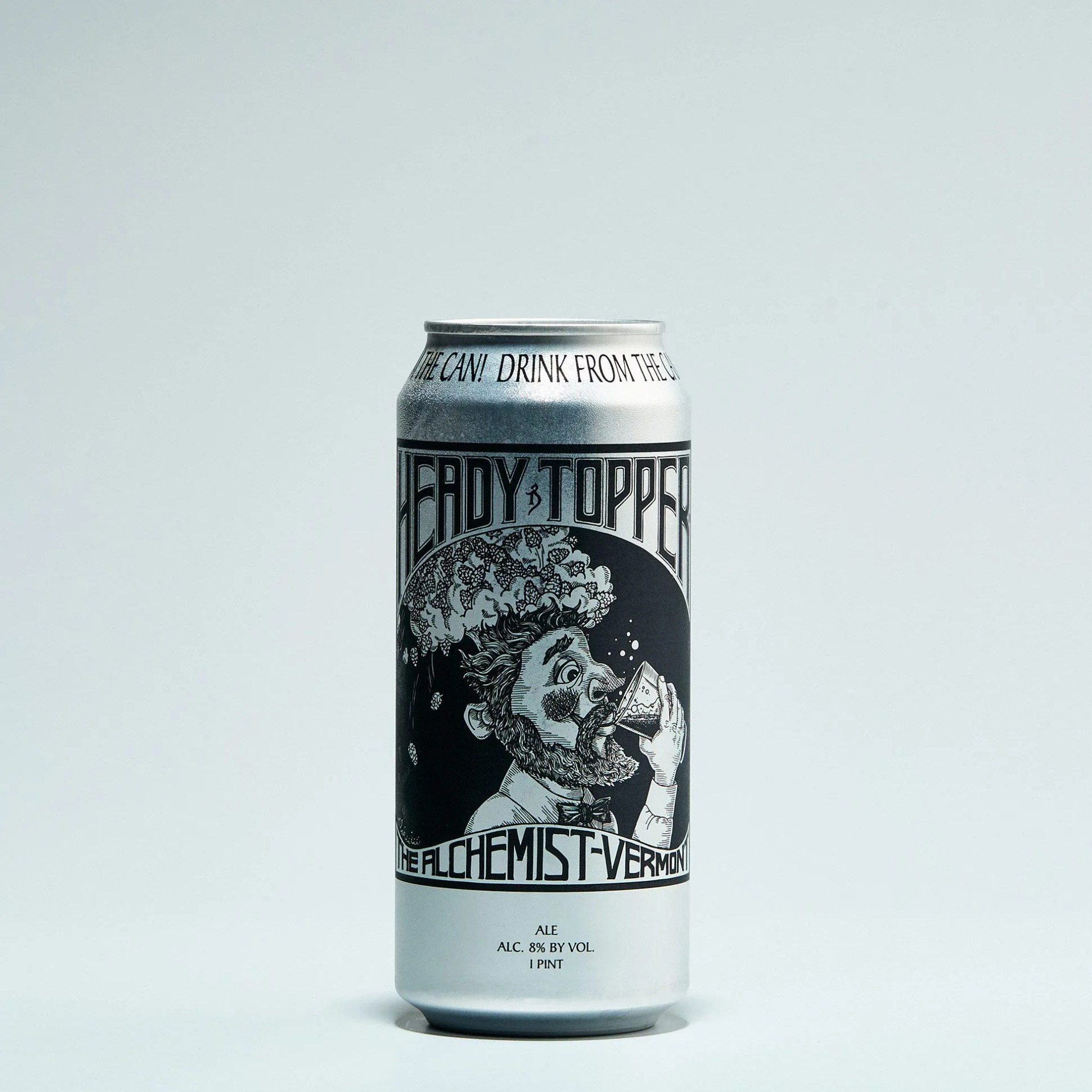
Location: Stowe, VT
Year Founded: 2003
Notable Beers: Heady Topper, Focal Banger, Skadoosh
For three years, The Alchemist made one beer. And week after week, it would sell out within hours of being released. Heady Topper, an impeccably balanced, hop-heavy DIPA, introduced palates to a previously unprecedented bitterness. First brewed in 2004 at The Alchemist’s now-defunct brewpub, Heady Topper grew steadily in popularity. Its prestige skyrocketed in 2011 when the brewery began distributing cans; five years later, The Alchemist opened a second facility to allow for an expanded roster of beers, like the hop-driven Focal Banger and Crusher — each building upon the foundation laid by Heady Topper, but distinct in flavor and coveted unto themselves.
The Ale Apothecary
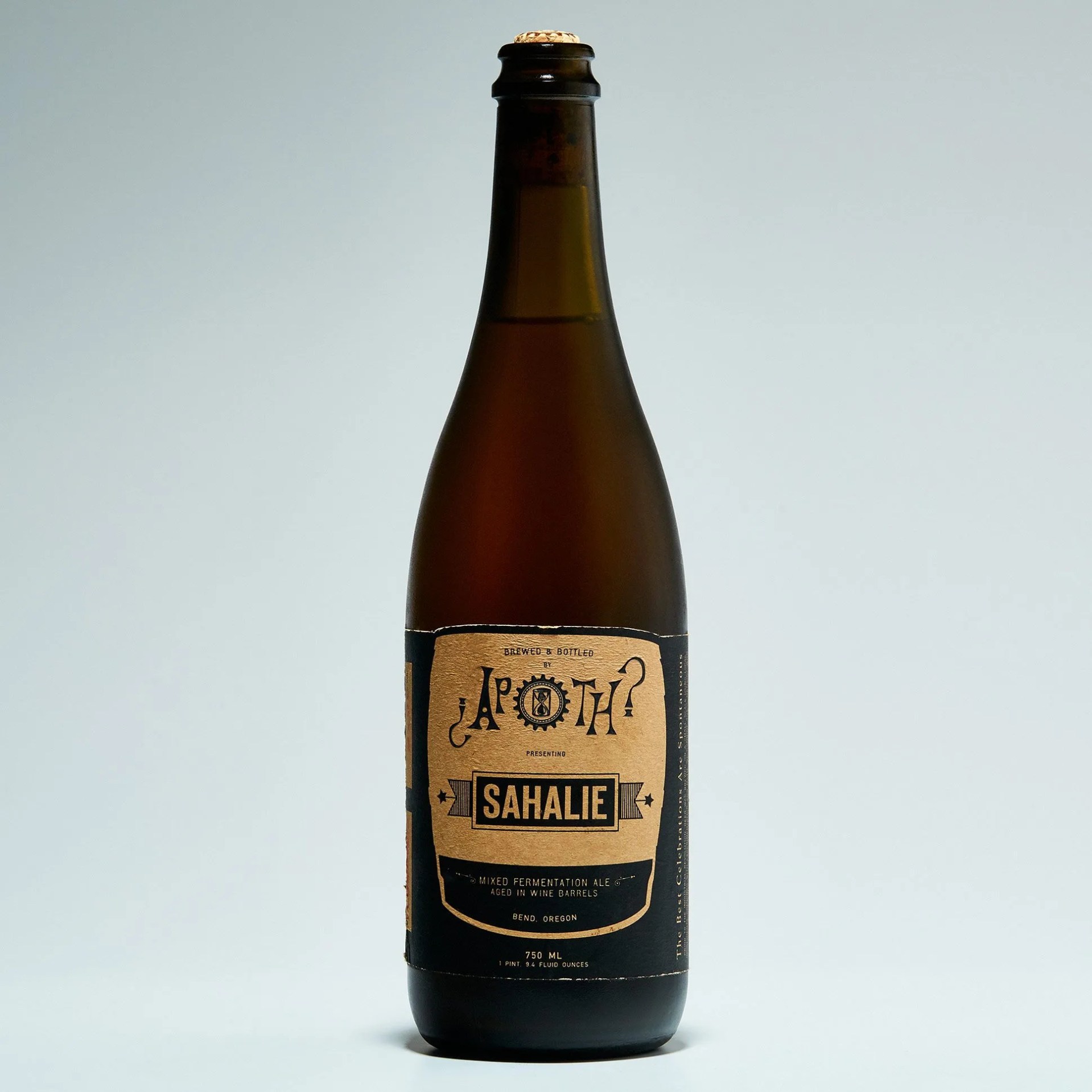
Location: Bend, OR
Year Founded: 2012
Notable Beers: Sahalie, La Tache, Sahati
For 10,000 years, beer was crafted by hand – made with local ingredients brought to life by time and chance. Paul Arney founded Ale Apothecary as a concept brewery grounded in artisanal techniques, setting out to bring craft beer full circle. Specializing in long-term barrel aging, Arney relies on wild and open fermentation to produce beers with distinctly complex flavors. Sahati, paying tribute to the time-honored Finnish Sahti ale, employs a 200-year-old, hollowed-out tree trunk as a lauter tun, layered with spruce branches to serve as a natural filter between grain and wort, ultimately imparting a resinous flavor. The result is a tart, earthy beer reflective of local Oregon terroir.
Allagash Brewing Company
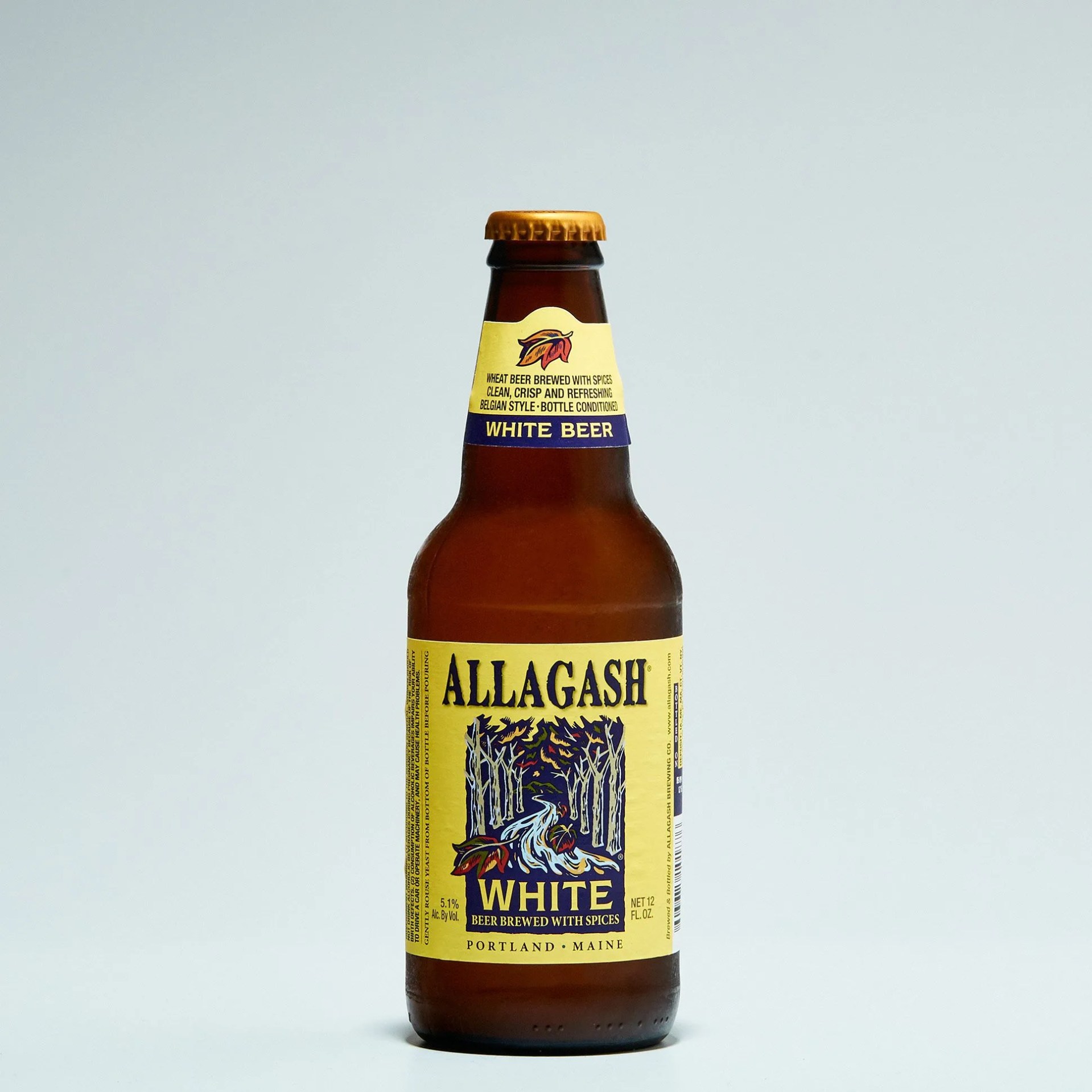
Location: Portland, ME
Year Founded: 1994
Notable Beers: White, Curieux, Coolship Resurgam
For 22 years, Allagash Brewing Company has blazed a trail of firsts. It was the first brewery in the U.S. to focus exclusively on Belgian-style beer. Allagash White, its flagship Witbier, comprises 80 percent of the brewery’s total volume. In 2007, it installed the first commercial coolship in the U.S., setting off a growing trend among brewers to experiment with spontaneously fermented beers. Educating consumers on Belgian beer’s yeast-driven character has proved challenging for the brewery, but Allagash remains pivotal in the effort to expose American drinkers to new styles of beer.
American Solera
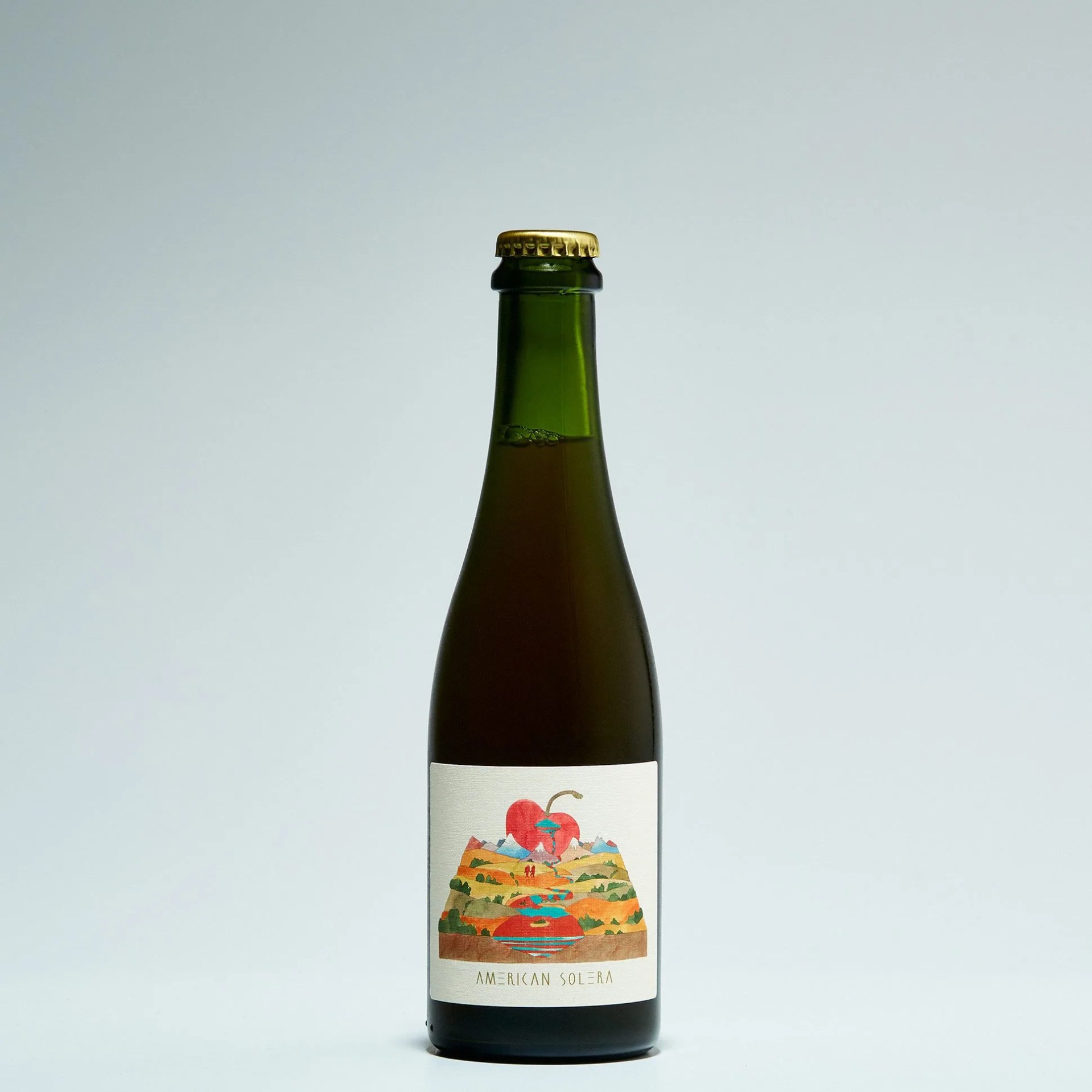
Location: Tulsa, OK
Year Founded: 2016
Notable Beers: Foeder Cerise, Foeder Gold, Western Culture
Prairie Artisan Ales’ Chase Healey founded American Solera, his so-called “side project,” to create beers that were otherwise impractical for a brewery with traditional distribution contracts to produce, such as aged sours and wild ales. With an arsenal of 16 foeders, wine barrels and puncheons, American Solera oak ages its brews, most of which are spontaneously fermented, for anywhere from six to 18 months before bottling. Healey’s patience has paid off. American Solera was named best new brewery in the U.S. — and second best in the world — in 2016 by RateBeer.
Casey Brewing and Blending
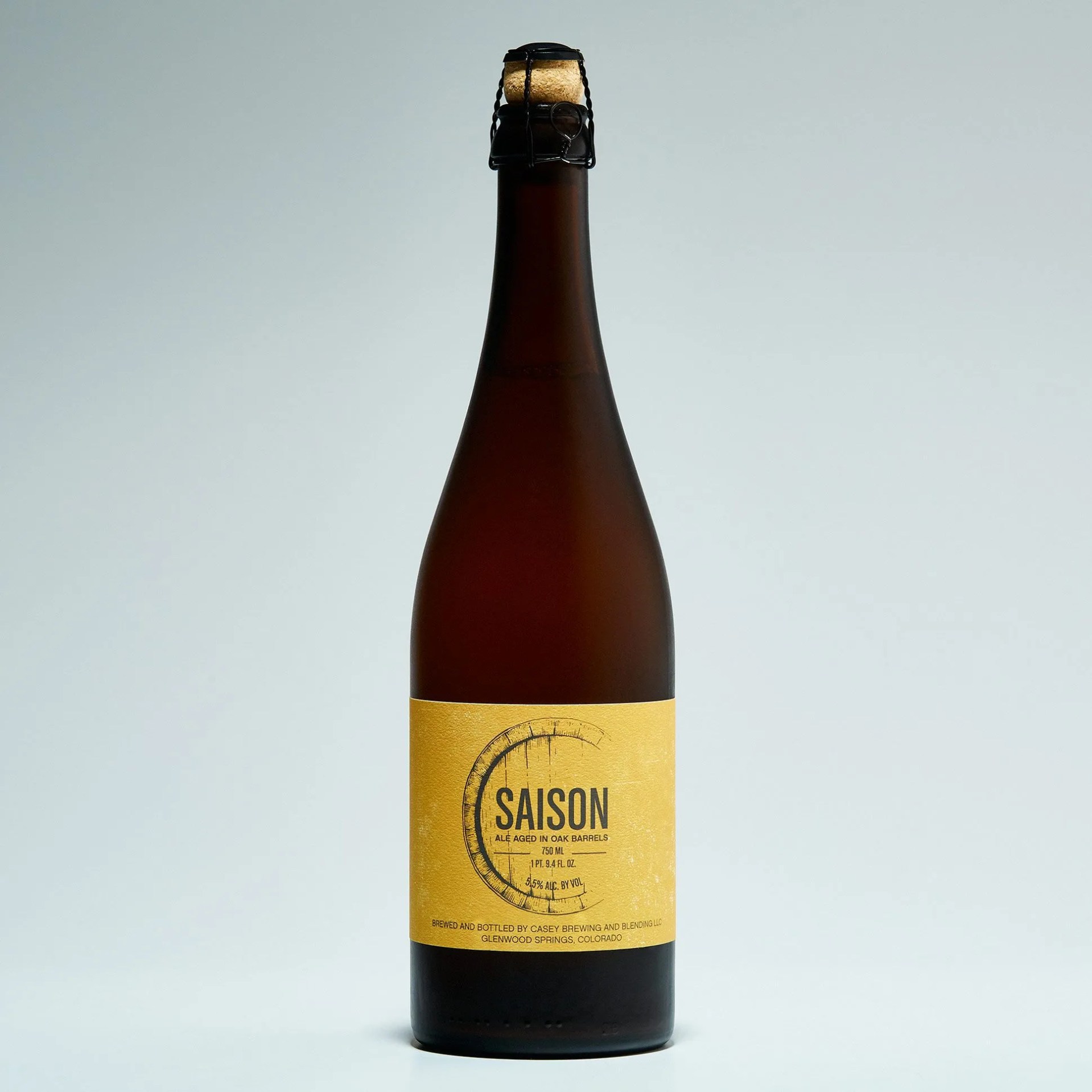
Location: Glenwood Springs, CO
Year Founded: 2013
Notable Beers: Saison, East Bank, Fruit Stand Montmorency Cherry
Troy Casey doesn’t brew beer. His wort is contract-brewed locally and transferred to his namesake label’s headquarters to be barrel fermented and blended. What results is a lineup of old-world saisons and fruited sour beers, all unfiltered and bottle conditioned, whose flavors are shaped by the addition of a proprietary mixed culture and months spent in vintage oak barrels. What’s more, all of Casey’s ingredients are grown in Colorado and selected according to seasonal availability; his Fruit Stand series, a rotation of farmhouse ales aged on whole fruit, exemplifies that standard.
Cycle Brewing
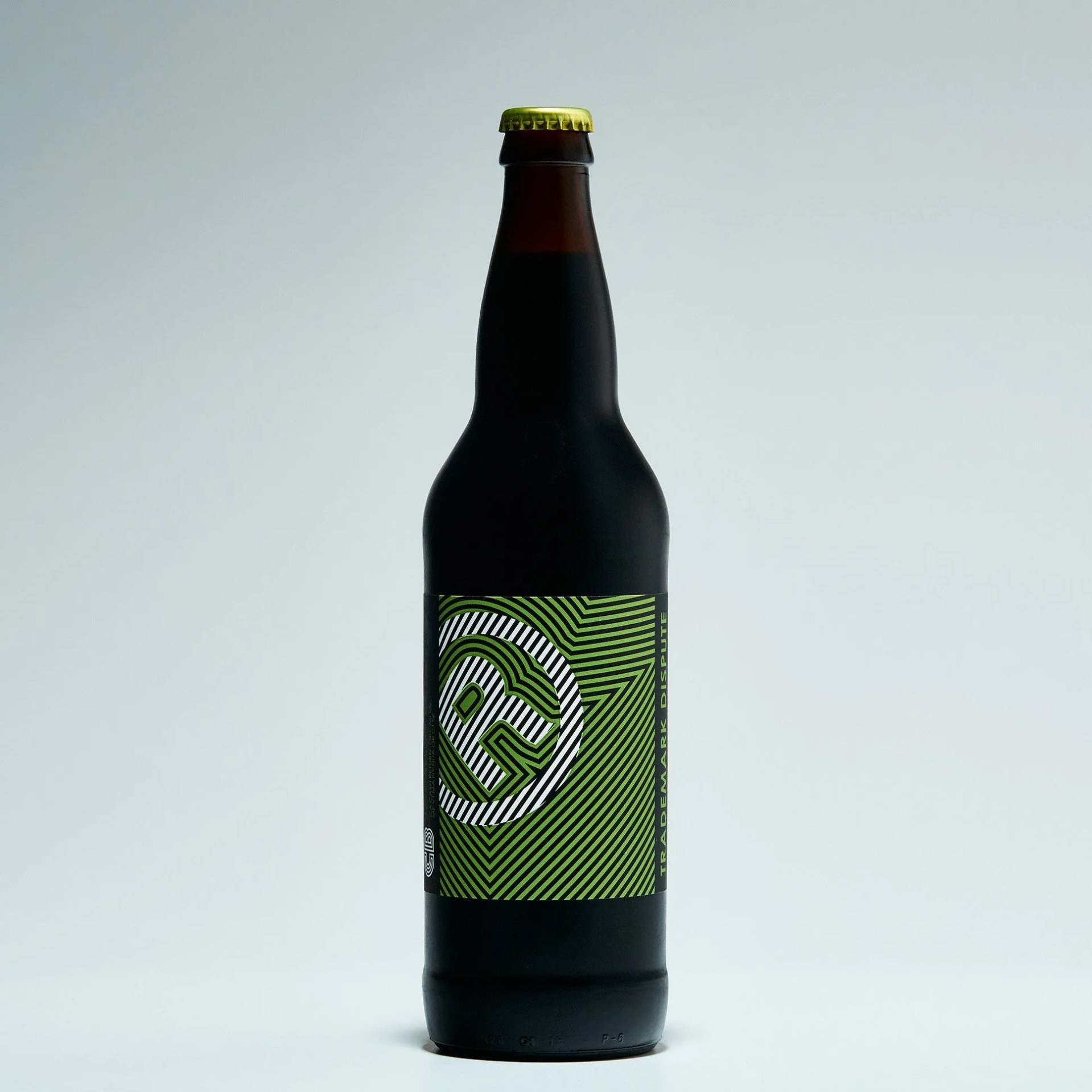
Location: St. Petersburg, FL
Year Founded: 2013
Notable Beers: Trademark Dispute: Hazelnut, Rare DOS, Monday
All beer shares the same four fundamental ingredients: water, grains, hops, yeast. Yet the specific techniques employed during the production process yield infinite possible outcomes. With Cycle Brewing, finish makes all the difference — specifically, barrel aging. The brewery treats stouts as a blank canvas, molding flavors in accordance with time spent in barrels formerly used for whiskeys and wines. Cycle Brewing’s beers are then released as a series, intended to highlight the effects of adjuncts and barrel type on a common base beer.
de Garde Brewing
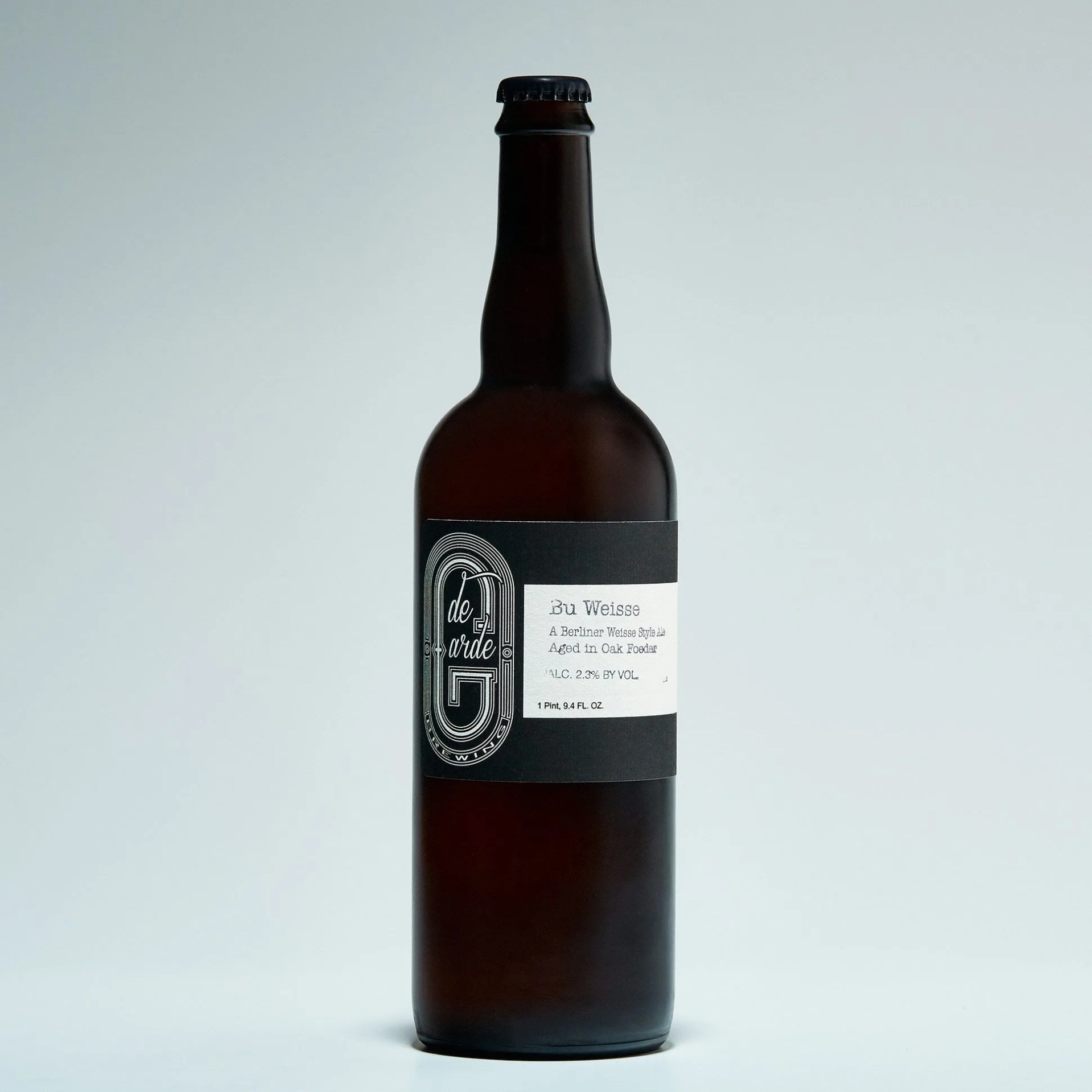
Location: Tillamook, OR
Year Founded: 2013
Notable Beers: Bu Weisse, Petit Desay, The Broken Truck
De Garde is one of the very few American breweries exclusively producing spontaneously fermented beers — and quite possibly the only brewery in the world capable of employing the technique year-round. Its home in the small town of Tillamook was selected expressly for its vibrant microflora and temperate climate, both of which are conducive to the production of old-world-style beers. The slow, handcrafted process behind De Garde’s beers results in limited yields, with few releases topping 1,000 bottles. Much of the brewery’s output is sessionable (its flagship Bu Weisse clocks in at just over 2% ABV) and mildly tart, treating sourness as a part of a beer, but not its defining characteristic.
Hill Farmstead Brewery
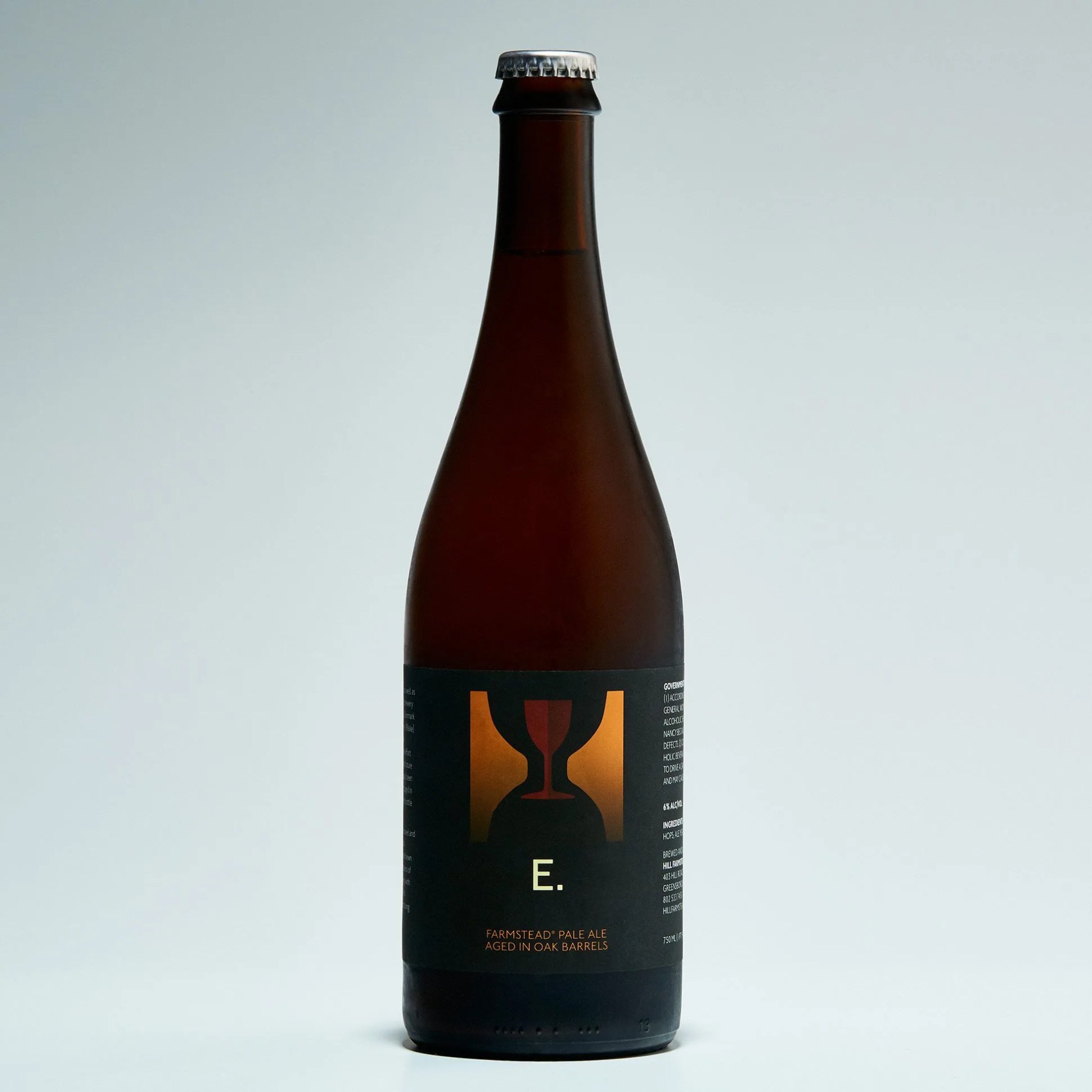
Location: Greensboro Bend, VT
Year Founded: 2010
Notable Beers: E., Edward, Everett
Shaun Hill didn’t set out to become one of the most revered brewers in the country. But owing to his perfectionist drive, his obsession with fermentation and his impeccably nuanced palate, that’s precisely the position he finds himself in. Whether a single-hop pale ale, bottle-conditioned saison or barrel-aged porter, Hill brews with a reverence for his ingredients and a connection to the surrounding landscape. His brewery is headquartered in rural Vermont, on the same plot of land that Hill’s family has lived and worked for more than 200 years. He brews with water dredged from a well on site and incorporates locally grown wheat, oak and honey. Hill Farmstead Brewery stands as a tribute to the local community, surrounding environment and, above all, Hill’s heritage.
J. Wakefield Brewing
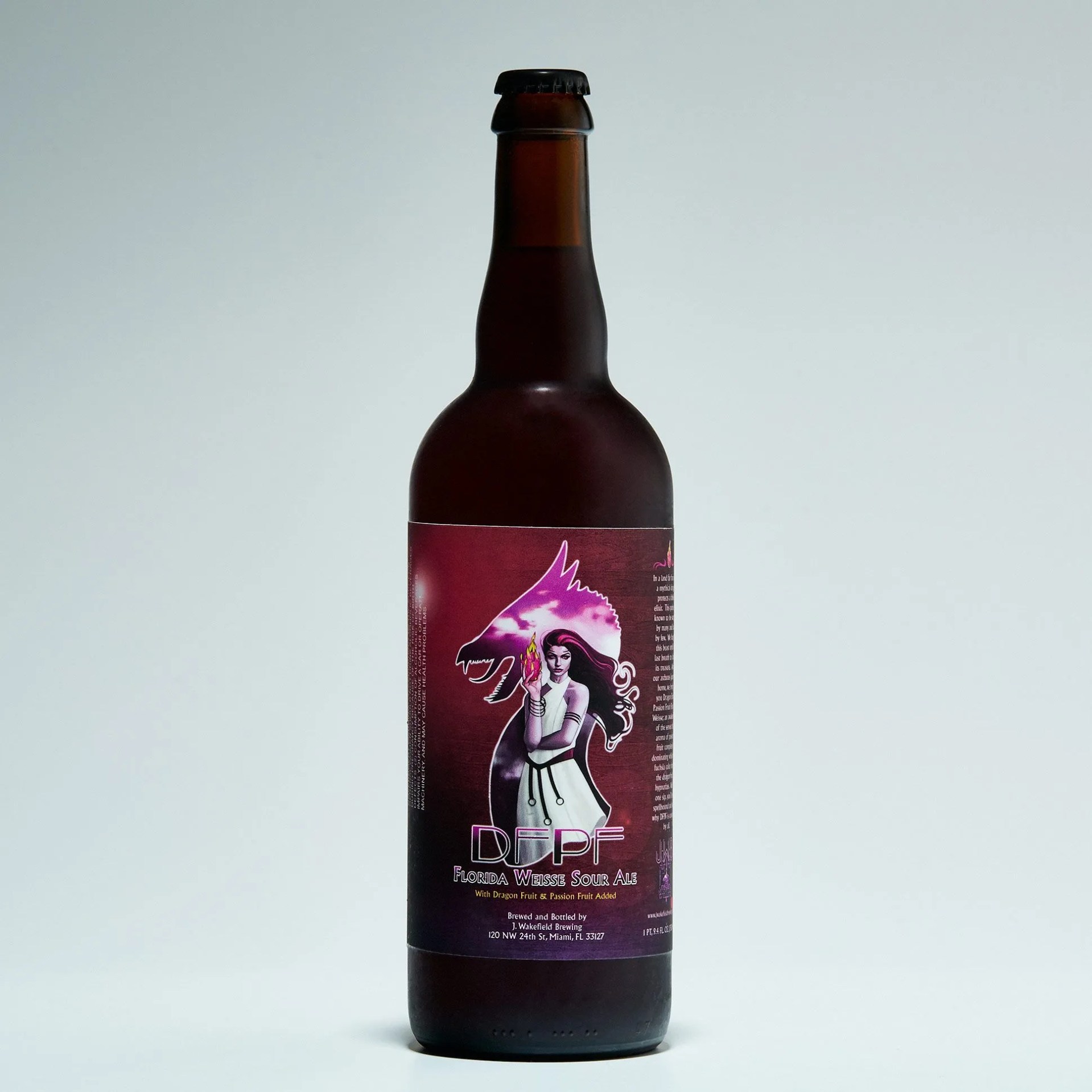
Location: Miami, FL
Year Founded: 2015
Notable Beers: Dragon Fruit Passion Fruit, Miami Madness, La Nada
It’s rare for a single brewer to pioneer a new style of beer. While John Wakefield wasn’t the first to produce a Florida Weisse, he’s the reason for its growing popularity. The beer is made by adding whole local flora like peaches, oranges, beets and chili peppers to a hazy, tart wheat base after fermentation — a riff on Berlin’s namesake sour white beer. Wakefield climbed his way up the RateBeer rankings as a homebrewer, working on Cigar City Brewing’s pilot system, before opening his namesake brewery in 2015. His repertoire has since expanded to include IPAs and heavy Russian imperial stouts; but the technicolor Florida Weisses, most notably Dragon Fruit Passion Fruit and Miami Madness, remain central to J. Wakefield’s identity.
Jester King Brewery
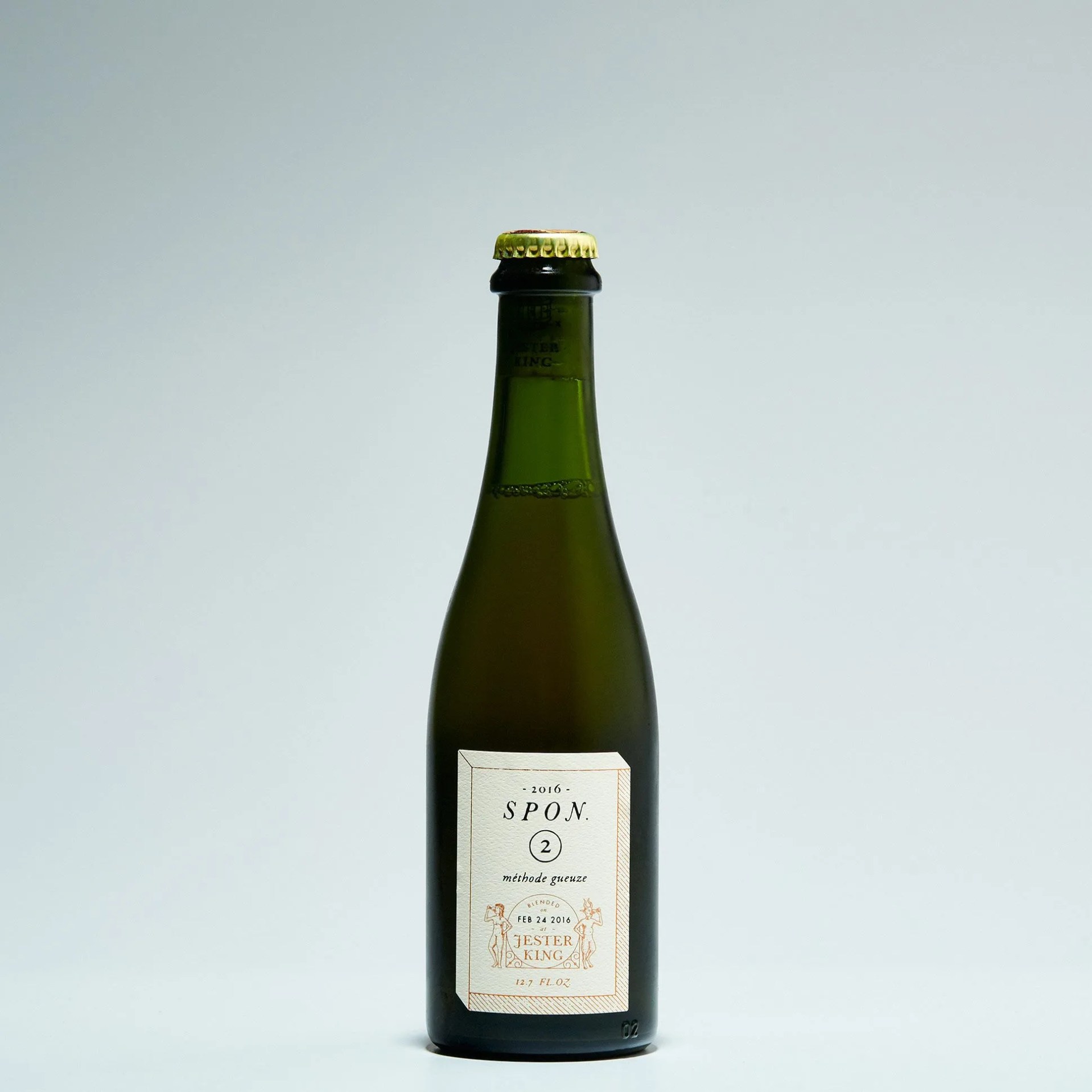
Location: Austin, TX
Year Founded: 2010
Notable Beers: Spon Méthode Geuze, Atrial Rubicite, Le Petite Prince
On a 200-acre ranch just outside of Austin lies Jester King Brewery, whose beers, while categorized as farmhouse-style, are first and foremost defined by a sense of place. Texas-grown malt and local well water lay the foundation for the brewery’s wort, which is in most cases activated by a mixed culture of wild, local yeasts and conditioned with Texas-grown fruit. Yet Jester King’s pursuit of a distinctly Texan beer perhaps shows most strongly in its Spon series, wherein wort is inoculated overnight in a coolship to coax spontaneous fermentation into action. With plenty of land to work off of, the Jester King team is now thinking beyond beer, hoping to develop a proprietary ecosystem by planting grains and fruits, as well as founding a winery and distillery.
The Lost Abbey
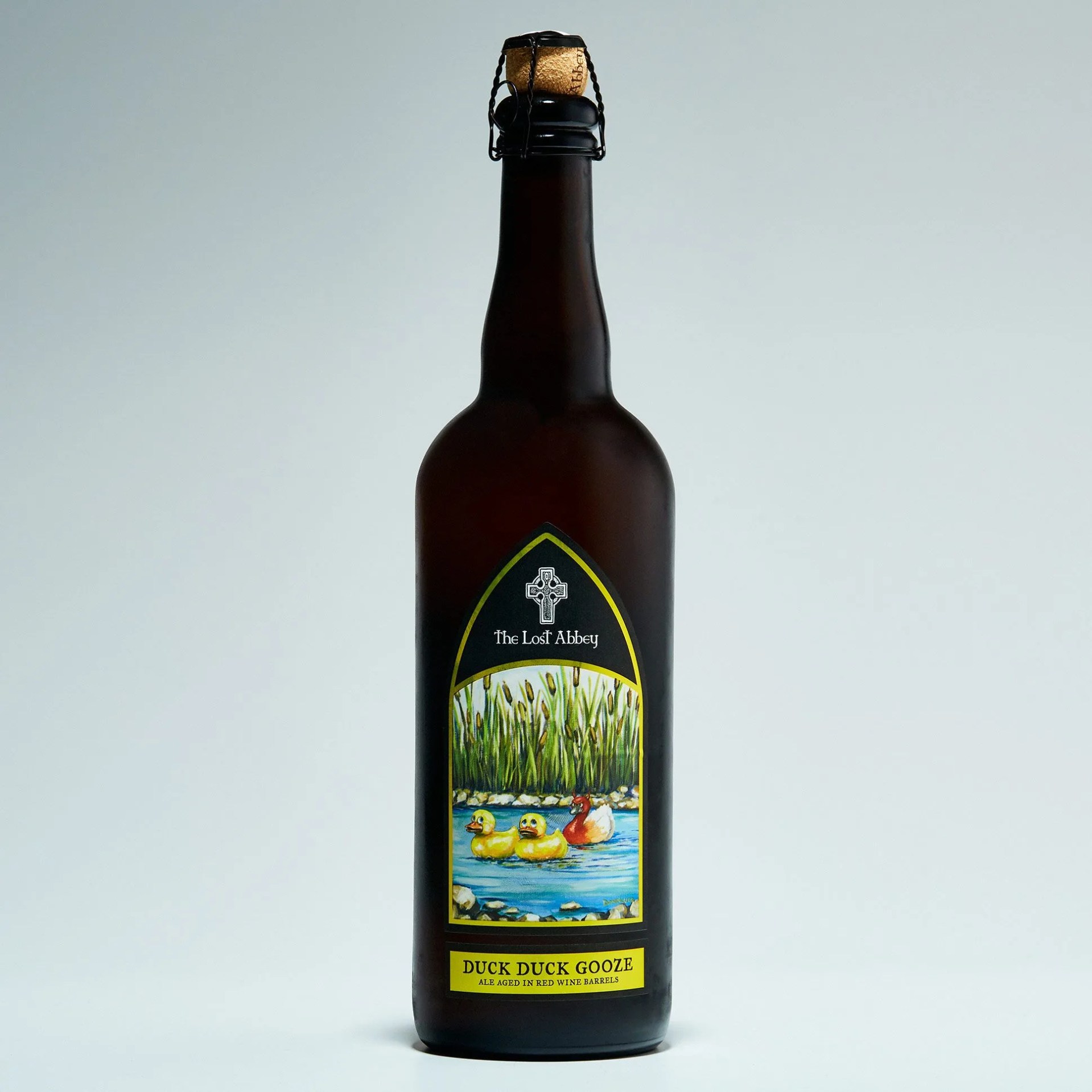
Location: San Marcos, CA
Year Founded: 2006
Notable Beers: Duck Duck Gooze, Cable Car, 10 Commandments
Using monastic brewing tradition as a jumping-off point, The Lost Abbey draws age-old brewing techniques into the 21st century, guided by a flavor-first mentality. Familiar Belgian styles serve as the base of its more progressive, small-batch brews, with flavors augmented by spices, fruits and time spent in one of The Lost Abbey’s more than 1,000 used barrels. What results is a roster of aggressively full-bodied, decidedly West Coast riffs on traditional Belgian beers, like the strikingly sour Duck Duck Gooze, a blend of old and young barrel-aged sours released just once every three years that serves as an homage to the traditional Belgian gueuze.
Maine Beer Company
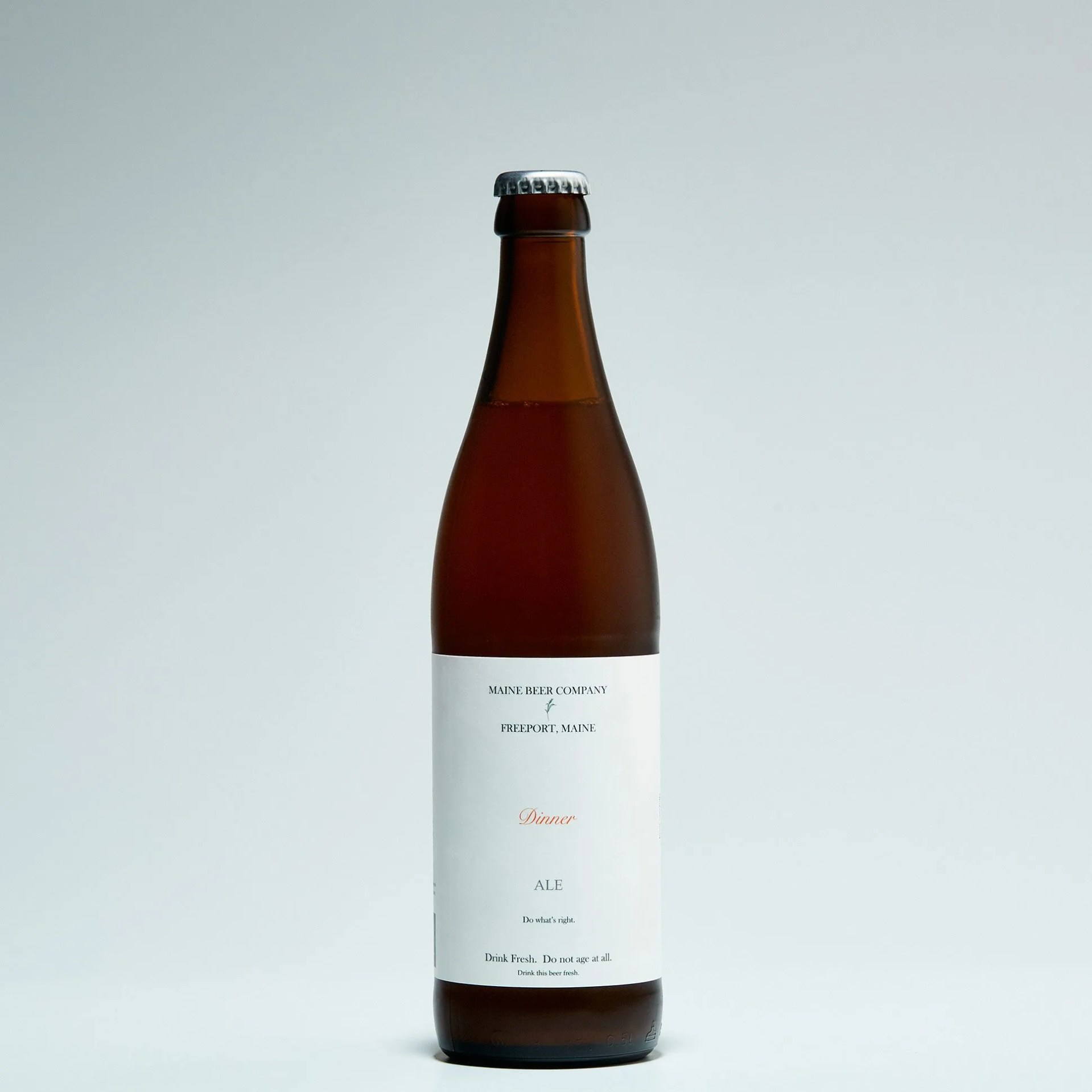
Location: Freeport, ME
Year Founded: 2009
Notable Beers: Dinner, Lunch, Peeper Ale
Maine Beer Company set out to do two things: make good beer and do what’s right. The brewery accomplishes the former by working with the freshest local ingredients possible; the latter by embedding itself into the local community and partnering with 1% For The Planet. Those two principles, in tandem, have made Maine Beer Company a producer of some of the most balanced IPAs in hop-laden New England. Dinner, a double dry-hopped ale, grew out of the brewery’s flagship IPA, Lunch, and remains its most coveted release.
Monkish Brewing Co.
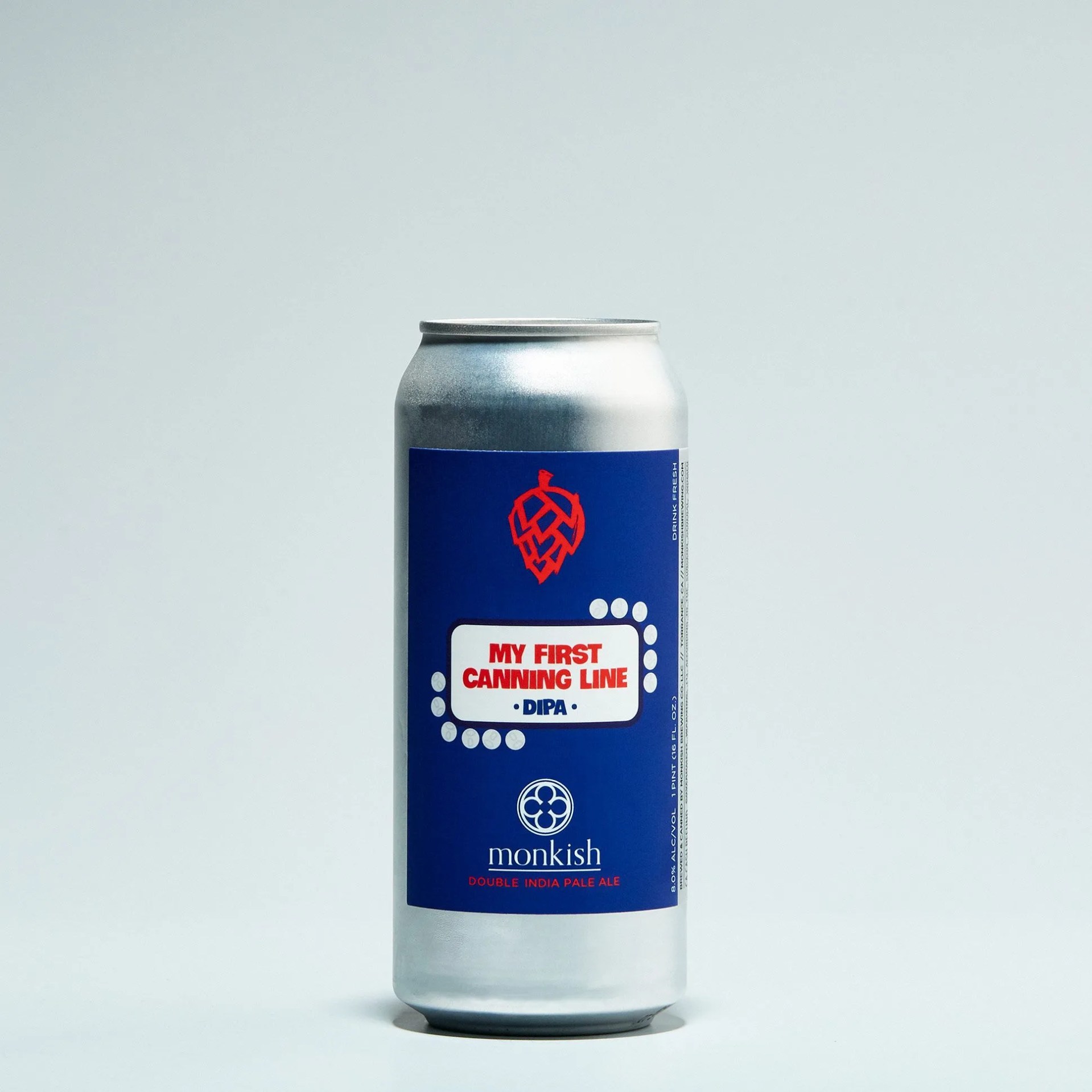
Location: Torrance, CA
Year Founded: 2012
Notable Beers: My First Canning Line DIPA, Foggy Window, Spock It
For the first few years of its existence, Monkish Brewing Co. displayed a “No IPA” sign in its taproom. Founder Henry Nguyen was most concerned with dialing in a core line-up of Belgian-inspired beers, though admired dank New England IPAs all the while. The turning point came in 2016, when Monkish released its first-ever IPA, First Things First, in collaboration with New York’s Other Half. The beer sold out in less than an hour. Today, Monkish produces some of the most sought-after IPAs in the country, most of which fall into the New England IPA (NEIPA) camp — hazy appearance, soft mouthfeel, sweet finish — and the brewery proves with every one that you don’t need to be in the Northeast to make great Northeast-style beer.
Other Half Brewing
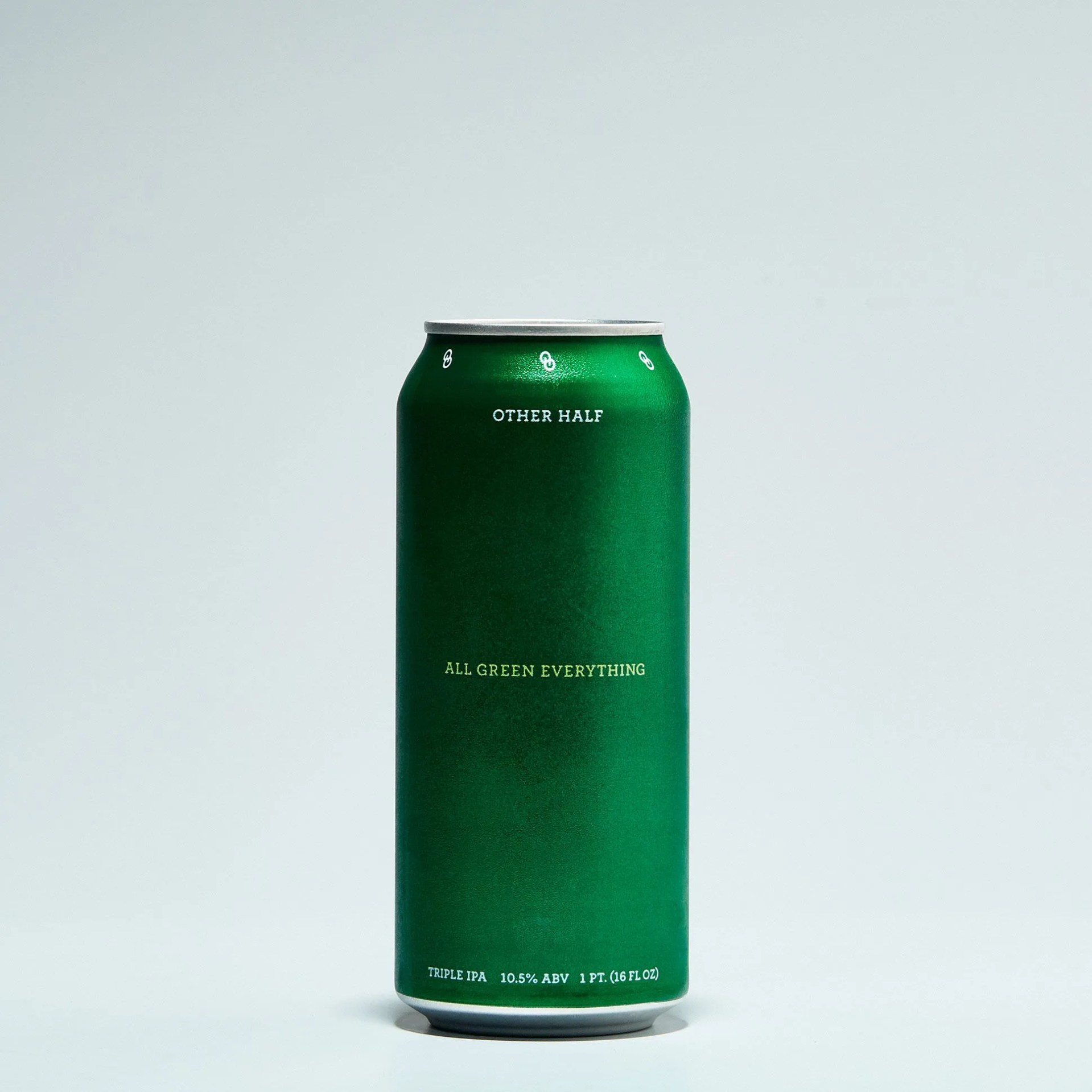
Location: Brooklyn, NY
Year Founded: 2014
Notable Beers: All Green Everything, DDH Double Mosiac Dream, Mylar Bags
Other Half is New York City’s local craft brewer. When it set down roots in 2014, it was the first brewery to open in Brooklyn in nearly a decade. Others have cropped up in the years since, but none quite so revered. With a rotating, IPA-laden lineup, Other Half is making good on its promise to serve as a leader in the craft beer movement, and a foil to industrial producers. Along those lines, the brewery regularly collaborates with other breweries around the country to elevate craft beer, push the industry forward and attract new audiences to breweries with otherwise limited or hyper-local distribution.
Sante Adairius Rustic Ales
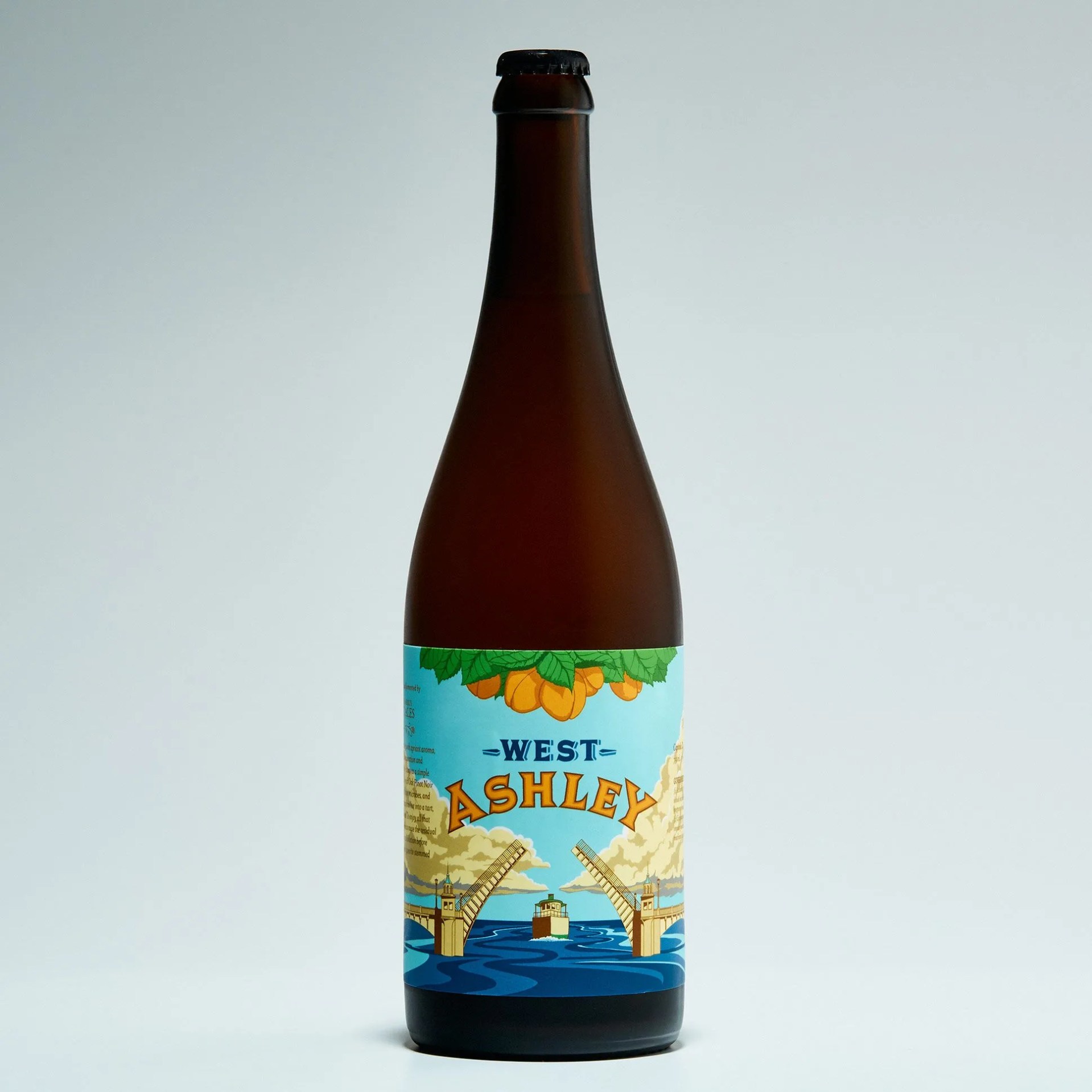
Location: Capitola, CA
Year Founded: 2012
Notable Beers: West Ashley, Saison Bernice, Appreciation
The definition of a farmhouse ale is broad, but central to the style is a reliance on readily available, often local and seasonal, ingredients. Sante Adairius Rustic Ales credits the regional water of coastal Capitola with providing a unique salinity to its mixed-fermentation beers, as well as mineral undertones to its hoppier offerings. The brewery works in the Belgian tradition, favoring saisons, but with an eye toward a more progressive character. That means blending and aging its farmhouse beers in old wine barrels and experimenting with yeast strains.
Side Project Brewing
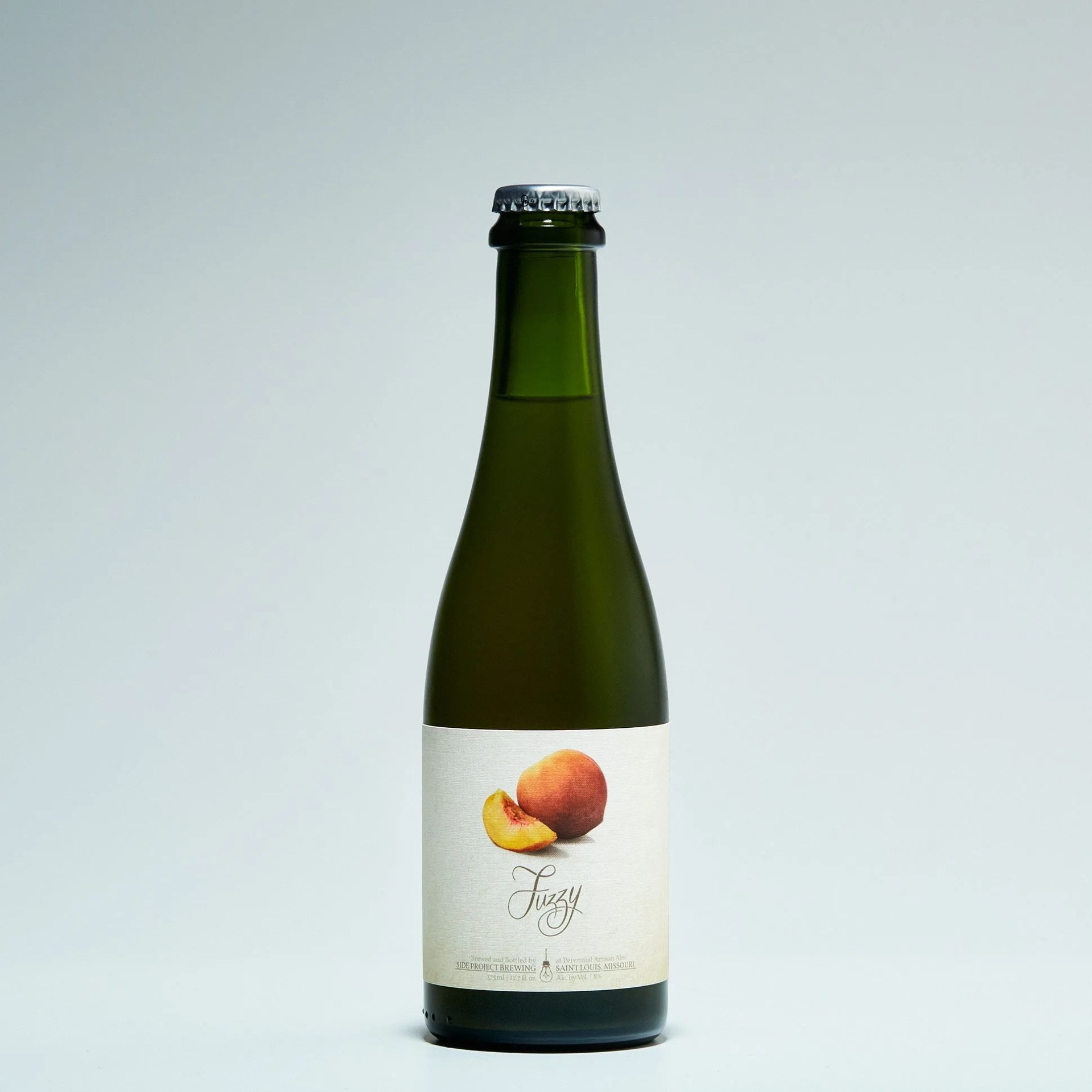
Location: Maplewood, MO
Year Founded: 2013
Notable Beers: Fuzzy, Saison Du Fermier, Derivation
Side Project is a brewer’s brewery: an idealistic proposition that seeks to appease the desires, dreams and frustrations of those working at more established, commercially driven craft breweries. What began as a gypsy brewing operation within Perennial Artisan Ales has grown into one of the world’s most progressive and robust barrel-aging programs. Helmed by Cory King, former Perennial brewmaster, Side Project specializes in saisons and wild ales, all of which are aged in used spirit or wine barrels, puncheons and foeders. While not explicitly one-offs, Side Project’s beers vary from batch to batch due to the inclusion of local wild yeasts and evolving barrel conditions.
Sierra Nevada Brewing Company
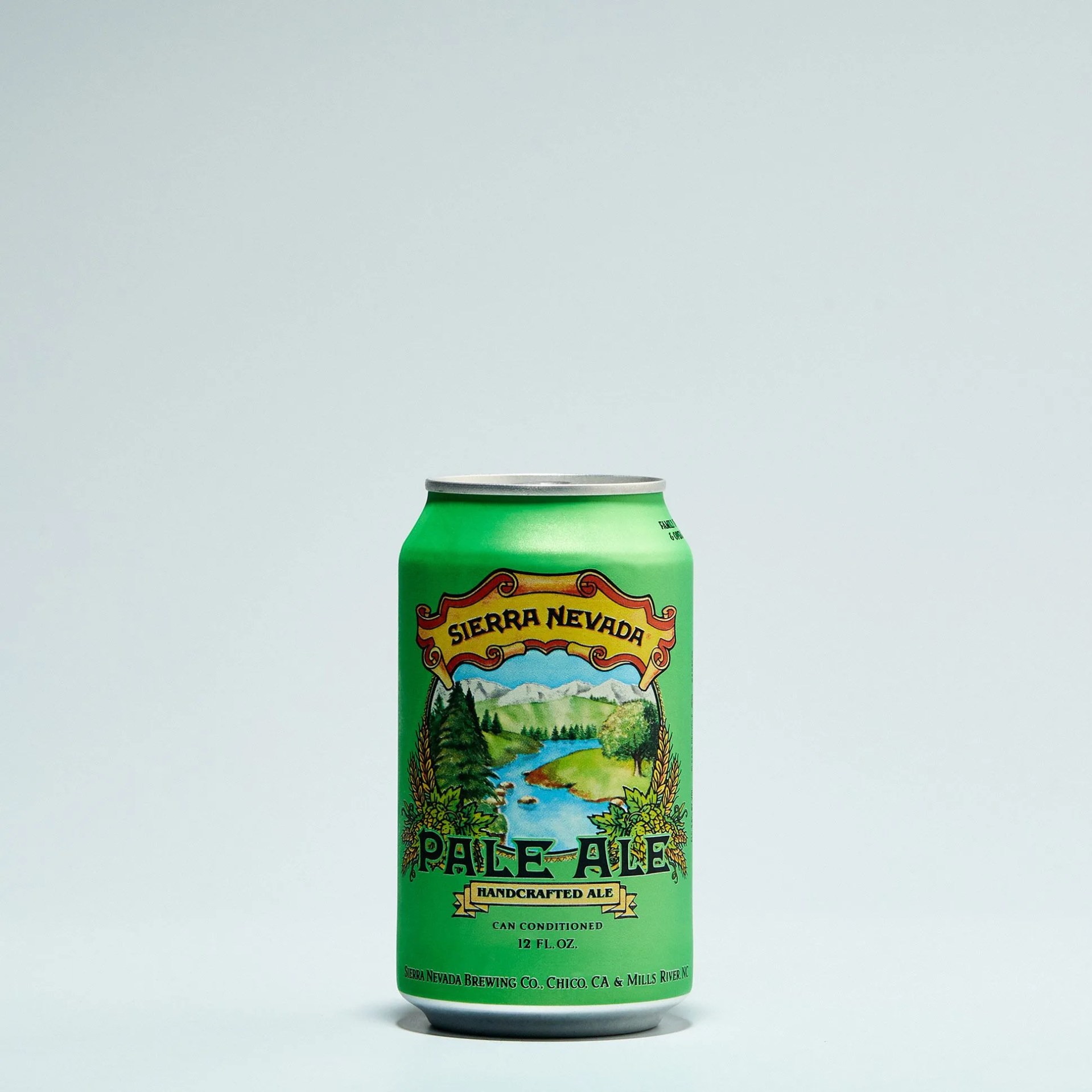
Location: Chico, CA
Year Founded: 1980
Notable Beers: Pale Ale, Celebration Ale, Torpedo Extra IPA
Had Ken Grossman not developed his brewery’s flagship Pale Ale in 1980, it’s possible that the IPA would not be the icon of American craft beer that it is today. While mild by today’s standards, Grossman’s heavy dose of Cascade hops was unusual at the time, conditioning palates to crave bitterness. Guided by Pale Ale, the best-selling craft beer in the U.S., Sierra Nevada continues to wield outsize influence on the industry while remaining independently owned and fervently progressive: sustainability has long been embedded in its operations, and its development of experimental ingredients, like hop oil extract, continues to shape the future of the brewing craft.
Stillwater Artisanal
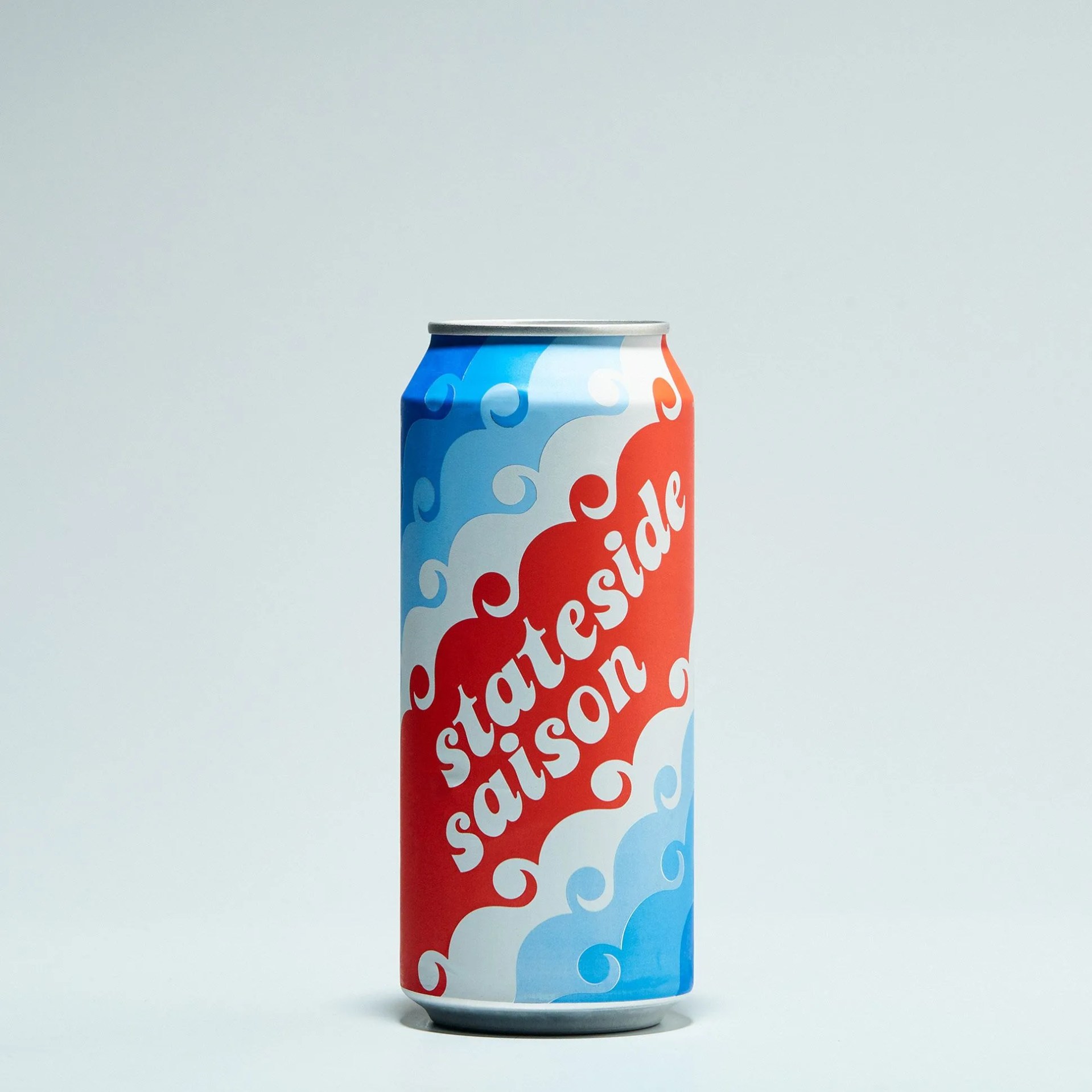
Location: Baltimore, MD & Brooklyn, NY
Year Founded: 2010
Notable Beers: Stateside Saison, Extra Dry, Yacht
Brian Strumke is bound neither to a singular location nor style of beer. Having started as a homebrewer with a penchant for unconventional ingredients and brewing methods, Strumke now contracts with breweries across the globe — a method known as gypsy brewing. Belgian beers lay the foundation for much of Stillwater’s offerings, but Strumke borrows from other traditions to create hybrids in a category of their own.
Suarez Family Brewery
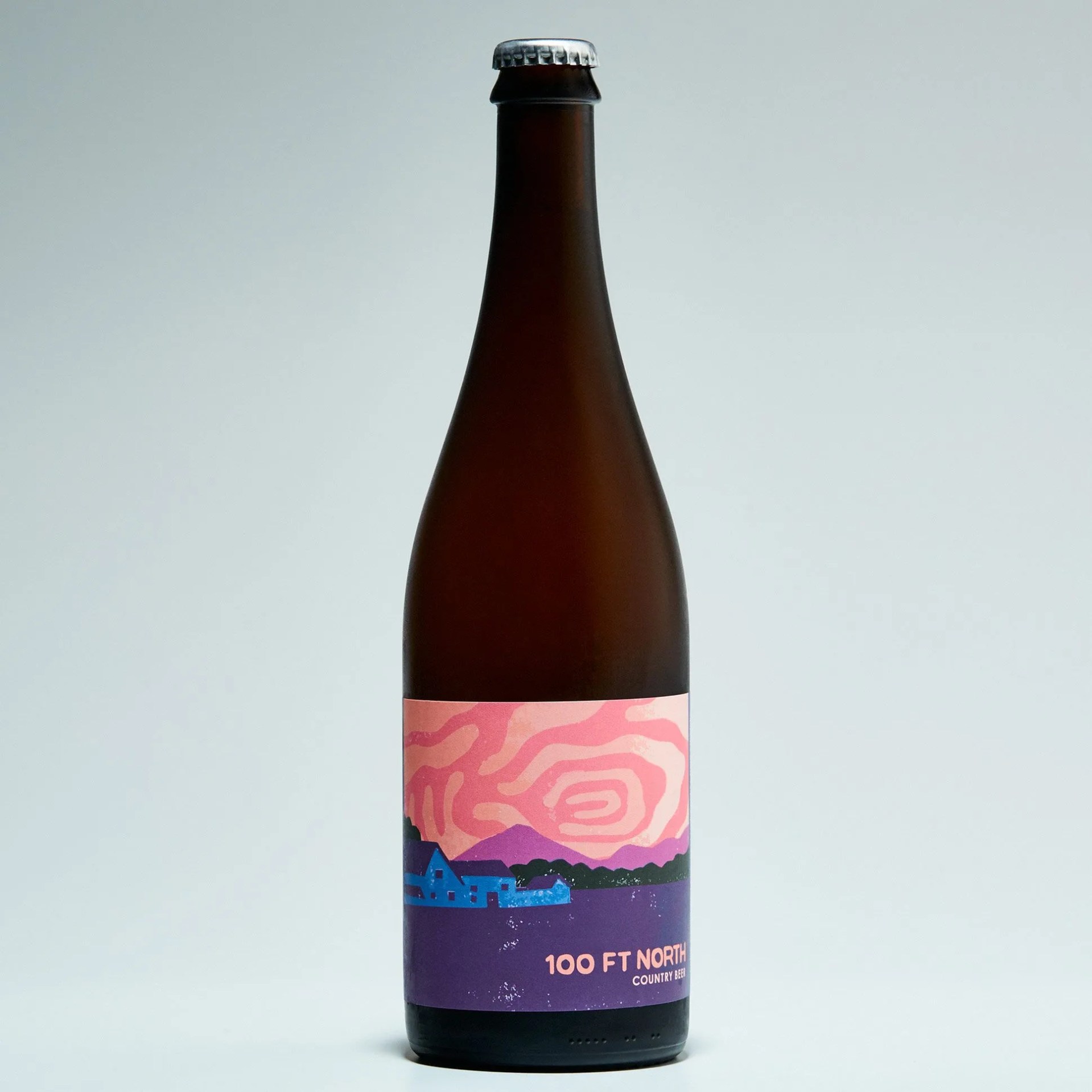
Location: Livingston, NY
Year Founded: 2016
Notable Beers: 100 Feet North, Palatine Pils, Crispy Little
Above all else, Dan Suarez wants to make good, honest beer — something moderate in alcohol, tart but not sour, with a soft mouthfeel and crisp, clean finish. He’s not interested in an ABV above 6% or commercial IPAs. Suarez simply brews what he, himself, wants to drink: mixed fermentation ales, unfiltered lagers and refreshing pale ales. The time he spent working as an assistant brewer at Hill Farmstead shaped his perception of what a beer should be, and now, endeavoring to brew on his own, that understanding has manifested itself in the form of complex, yet refreshingly quaffable, beers.
Surly Brewing Co.
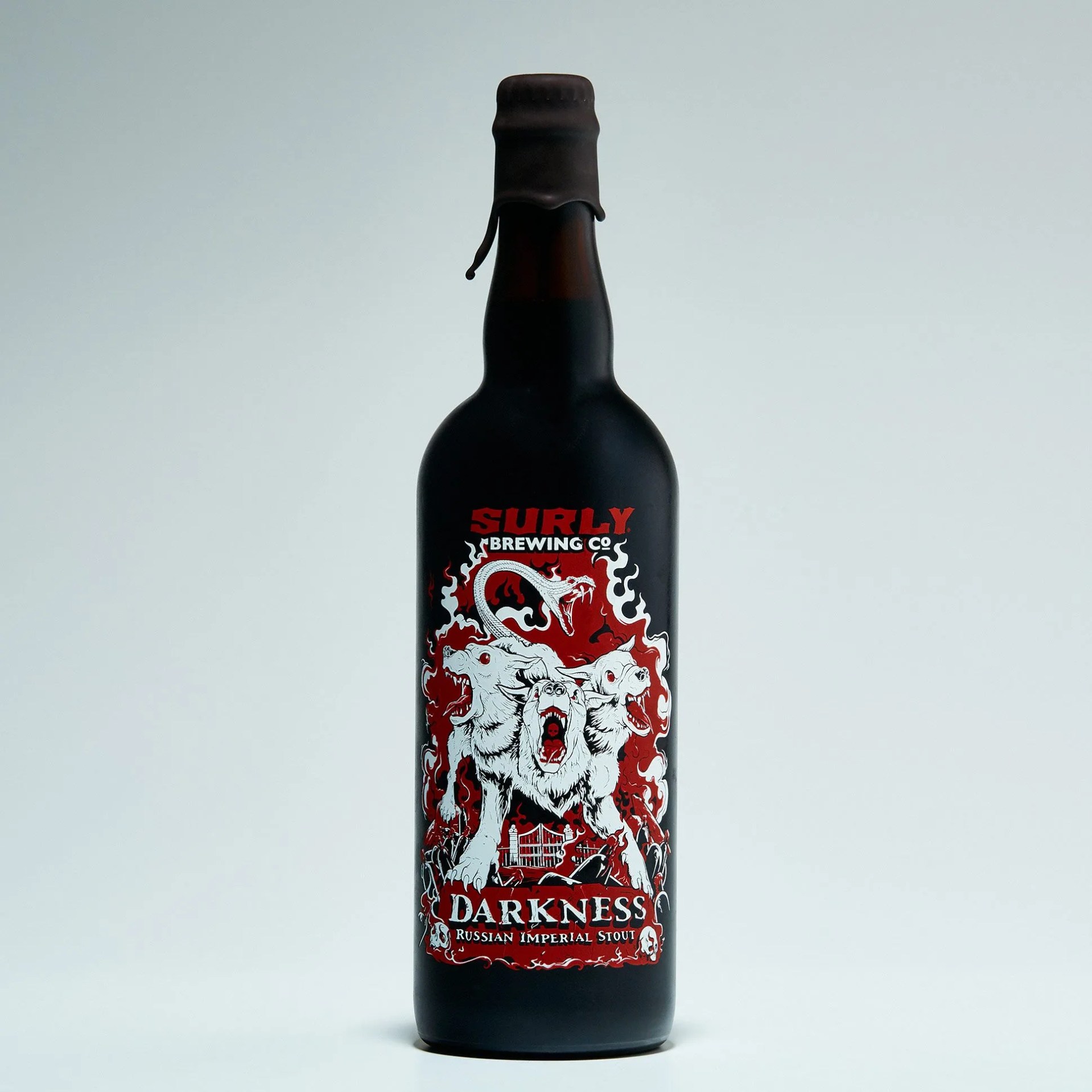
Location: Minneapolis, MN
Year Founded: 2005
Notable Beers: Darkness, Todd The Axe Man, Bender
In addition to producing some of the country’s most aggressive, flavor-laden beers, Surly Brewing Co. stands as a neighborhood brewpub. Whereas the taprooms of other boundary-pushing brewers are destinations for whale hunters, Surly is built for locals. Before opening in 2011, founder Omar Ansari had to challenge state legislature, which prohibited breweries from selling beer on site due to antiquated Prohibition-era laws. Ansari won his case, and has since made good on his promise to establish the site as a vibrant community center. All the while, Surly has been releasing over-the-top brews like Furious IPA (which clocks in at 99 IBUs), Cynic saison and an award-winning Russian imperial stout, Darkness.
Tired Hands Brewing Company
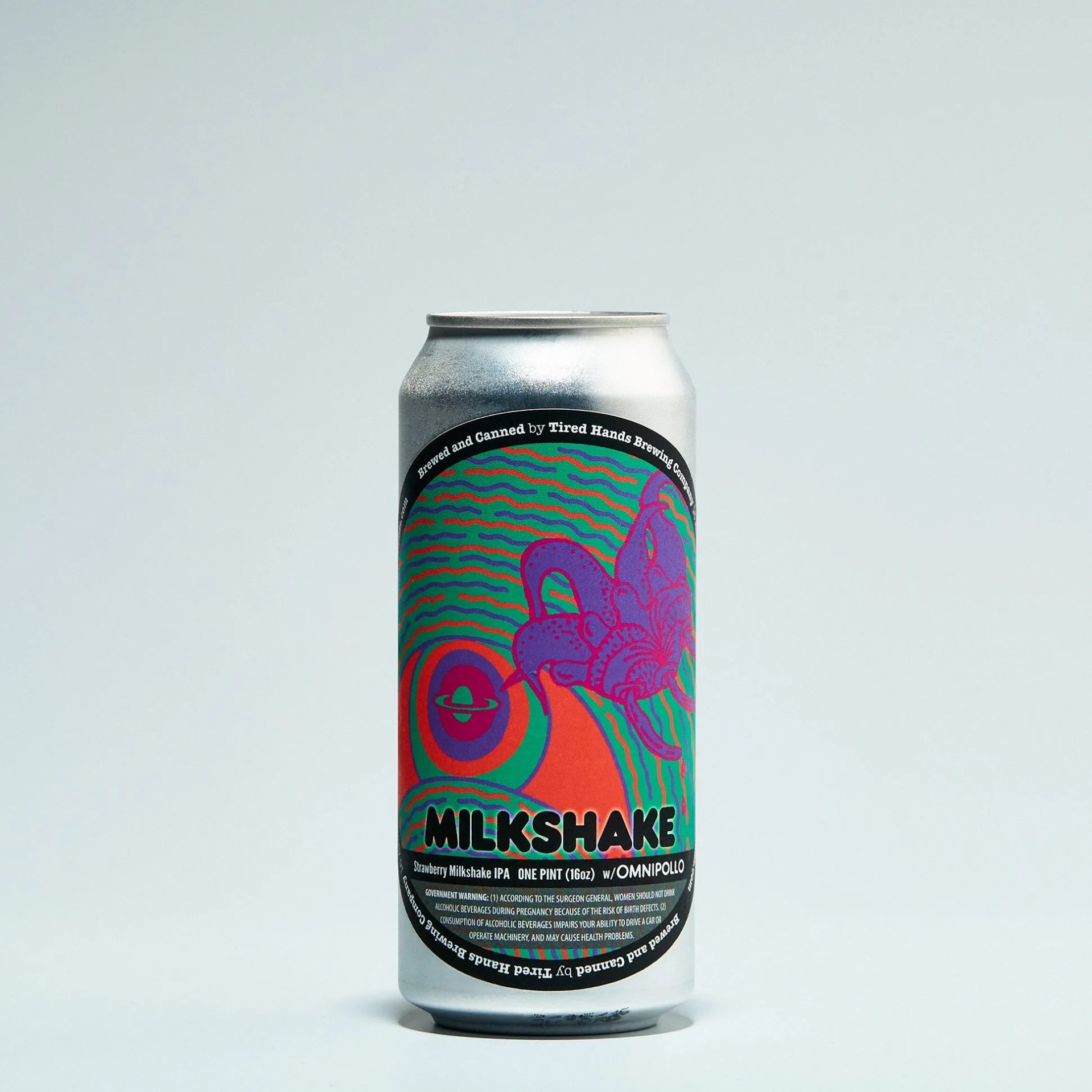
Location: Ardmore, PA
Year Founded: 2011
Notable Beers: Milkshake IPA Strawberry, HopHands, Pineal
Tired Hands brews what it calls “strange and beautiful beers.” Most often, that takes the form of rustic, yeast-driven ales and genre-bending IPAs — hop-forward, sometimes barrel-aged and almost always experimental. Its modus operandi is most clearly reflected by its two flagship beers: SaisonHands, a simple, yeast-driven farmhouse ale; and HopHands, a pale ale that drinks like an IPA. But it’s the Milkshake IPA series — an ongoing collaboration with the Swedish gypsy brewery Omnipollo — for which Tired Hands has come to be known. Brewing with lactose sugars and fruits, Tired Hands concocts impressively balanced, dessert-inspired beers that are undeniably whimsical.
Three Floyds Brewing Co.
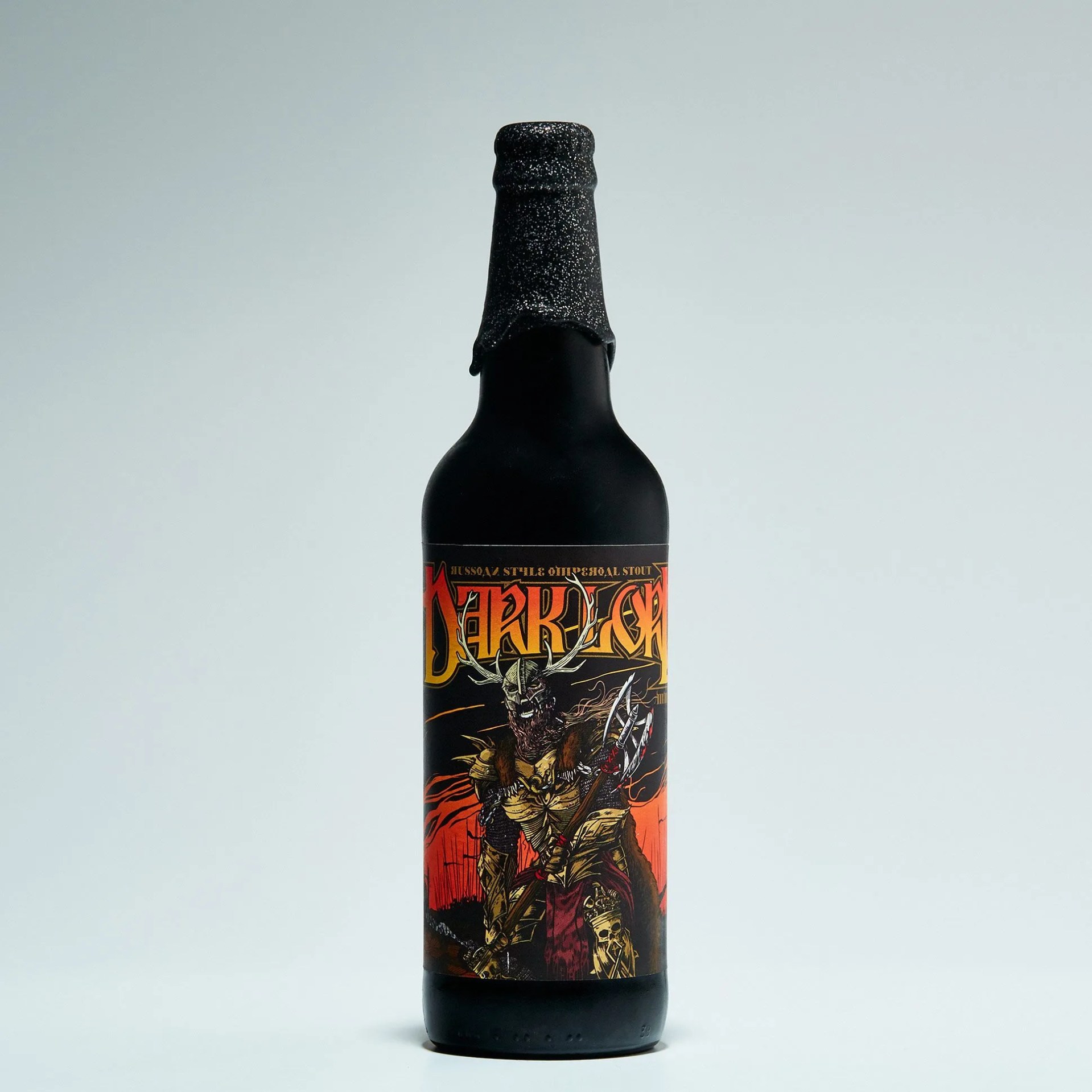
Location: Munster, IN
Year Founded: 1996
Notable Beers: Dark Lord, Zombie Dust, Dreadnaught
Beer releases can draw lines, but none draw the fanaticism of Three Floyds Brewing Co.’s Dark Lord. The boundary-pushing Russian imperial stout is sold on one day — and one day only — each year. As prestige has snowballed since the beer’s first release in 2002, when just five barrels were produced, Dark Lord Day has evolved into a full-fledged beer and music festival. With it, Three Floyds set a new standard of what a beer release can be — less an in-and-out transaction, more a cause for celebration — all while maintaining a laser-sharp focus on quality and flavor.
Toppling Goliath Brewing Co.
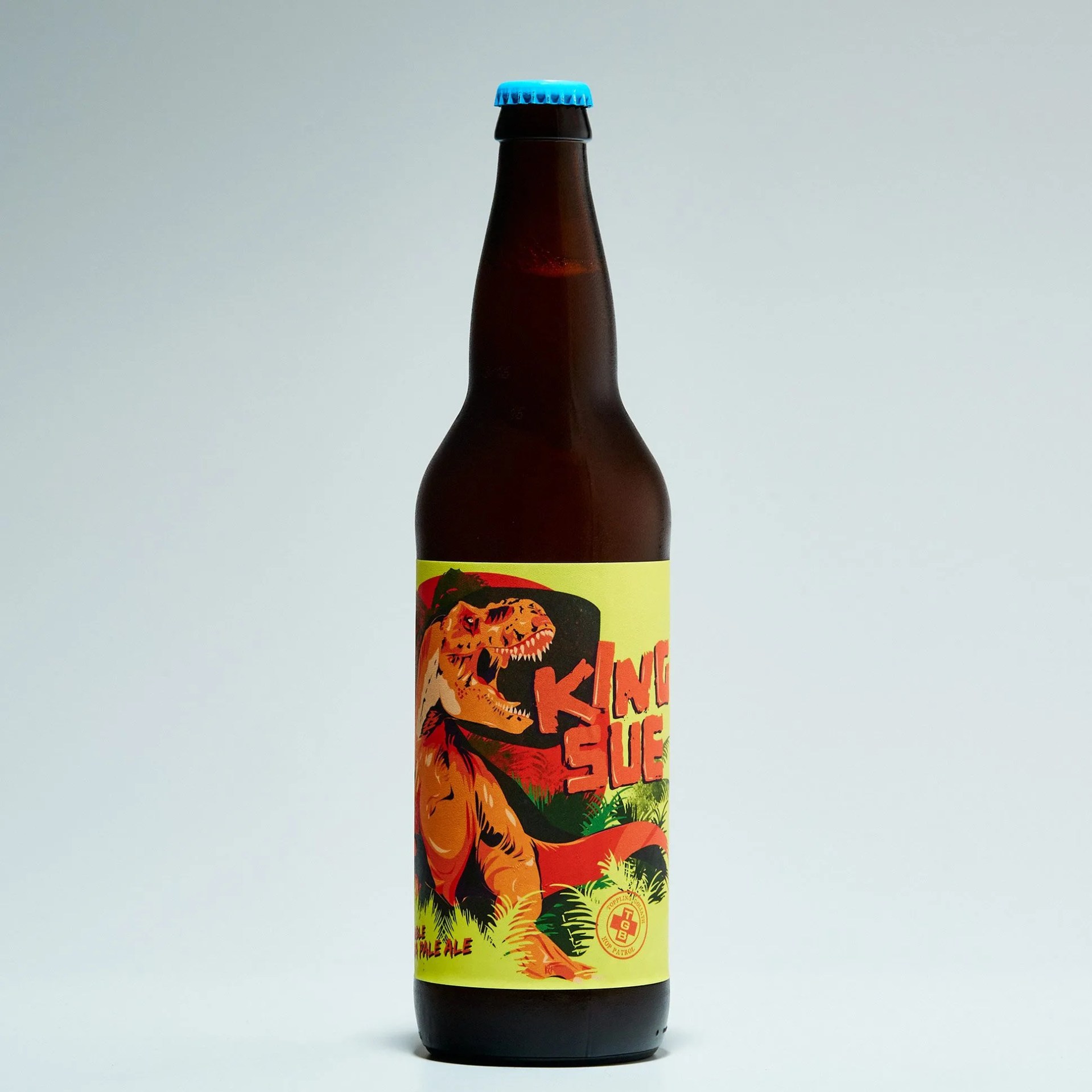
Location: Decorah, IA
Year Founded: 2009
Notable Beers: King Sue, Kentucky Bourbon Breakfast Stout, Mornin’ Delight
A small-town brewery churning out big, bold beers, Toppling Goliath Brewing Co. doesn’t shy from experimentation. Hop Patrol, its single-hop IPA series, has yielded one of today’s most in-demand DIPAs, King Sue, and garnered the attention of commercial hop provider Hop Union, with whom Toppling Goliath has collaborated to test experimental hop varieties. On the opposite end of the spectrum lies a series of velvety, full-bodied imperial stouts that are even more coveted than its IPAs. Bottles like the syrupy, bourbon-drenched Kentucky Brunch Brand Stout, coffee-heavy Mornin’ Delight and high-impact, barrel-aged Assassin are meals unto themselves.
Tree House Brewing Co.
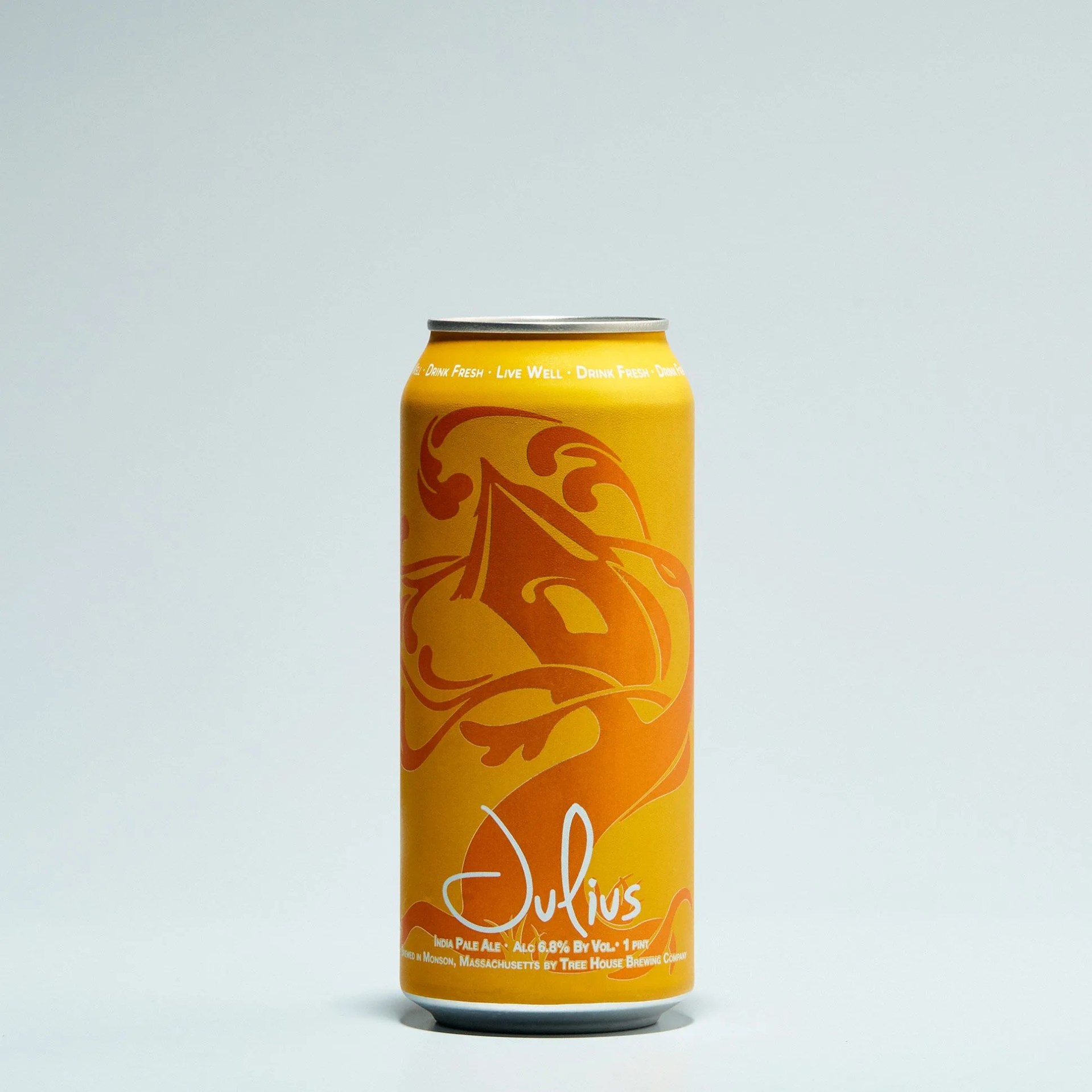
Location: Monson, MA
Year Founded: 2011
Notable Beers: Julius, Green, Haze
A leader in the New England IPA haze craze, Tree House is focused equally on body, mouthfeel and flavor. What results is an ever-evolving roster of fruit-forward, pillowy IPAs that are bitter and often long-tailed, but never astringent. Its flagship IPA, Julius, has become Tree House’s Heady Topper, in the sense that the brewery’s output is dictated by ever-increasing demand. That’s likely to change when Tree House’s new brewing facility opens this year, doubling its output almost immediately. The brewery’s current home will be reserved for barrel aging and mixed-culture fermentations — styles that co-founder Nate Lanier had previously been unable to toy with due to time and space constraints.
Trillium Brewing Company
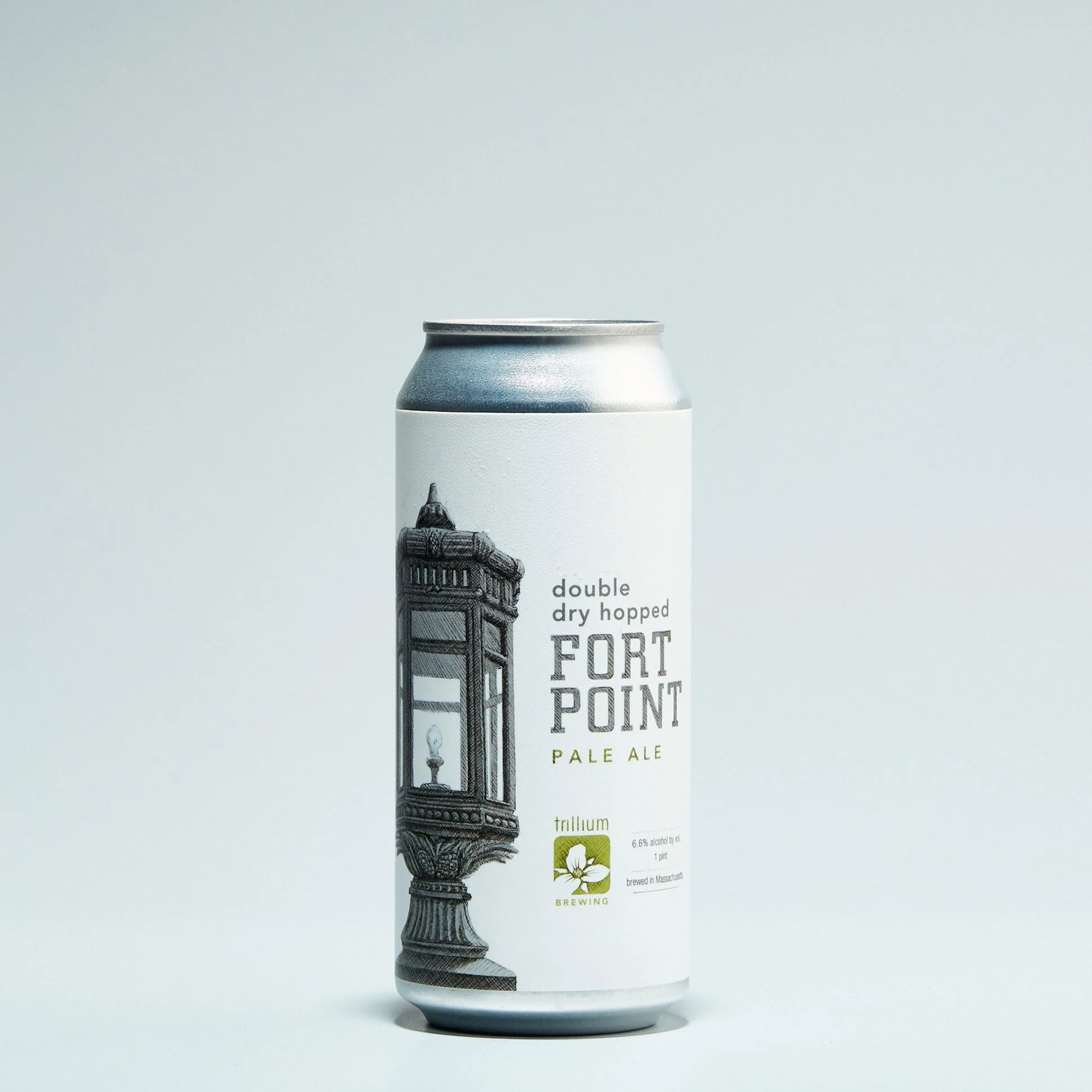
Location: Boston, MA
Year Founded: 2013
Notable Beers: DDH Fort Point, Congress Street, Scaled
While best known for hazy, hoppy IPAs, Trillium is grounded in the concept of a farmhouse brewery, working with local ingredients whenever possible. The brewery’s growth has been astronomical. Having opened a second production facility in 2015, Trillium announced the following year that it would be seeking out a larger space near its flagship in South Boston — and there were mumblings of a farmhouse facility in Connecticut. With each expansion comes increased production, for both its bread-and-butter, juicy IPAs and for small-batch wild ales, the latter of which are brought to life by a proprietary blend of wild New England microflora.
Producer: Jack Seemer
Lead Writer: Emily Singer
Art Director: Andrew Haynes
Deputy Photo Editor: Henry Phillips
Design Assistant: Hunter Kelley
Feel like we missed something? Disagree with the list? Drop us a line at [email protected]. We’d love to hear from you.
Disclaimer: AB InBev is an advertiser on Gear Patrol.

